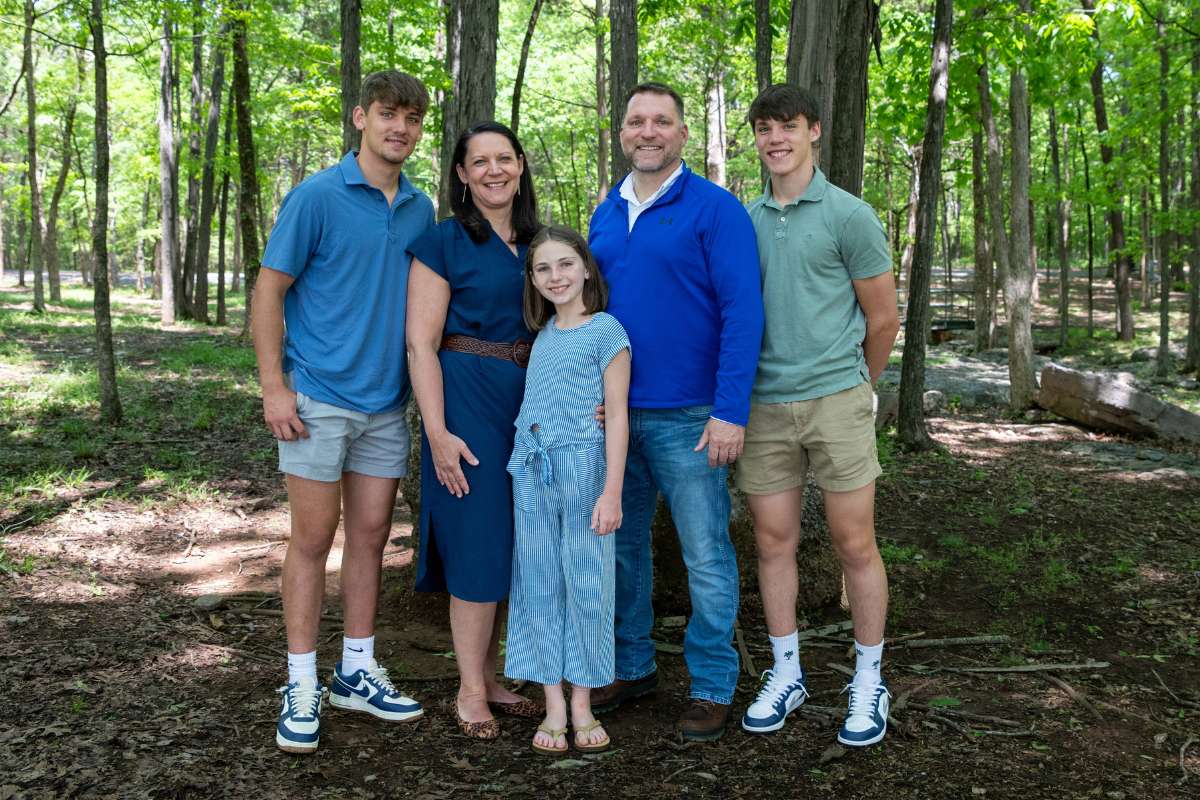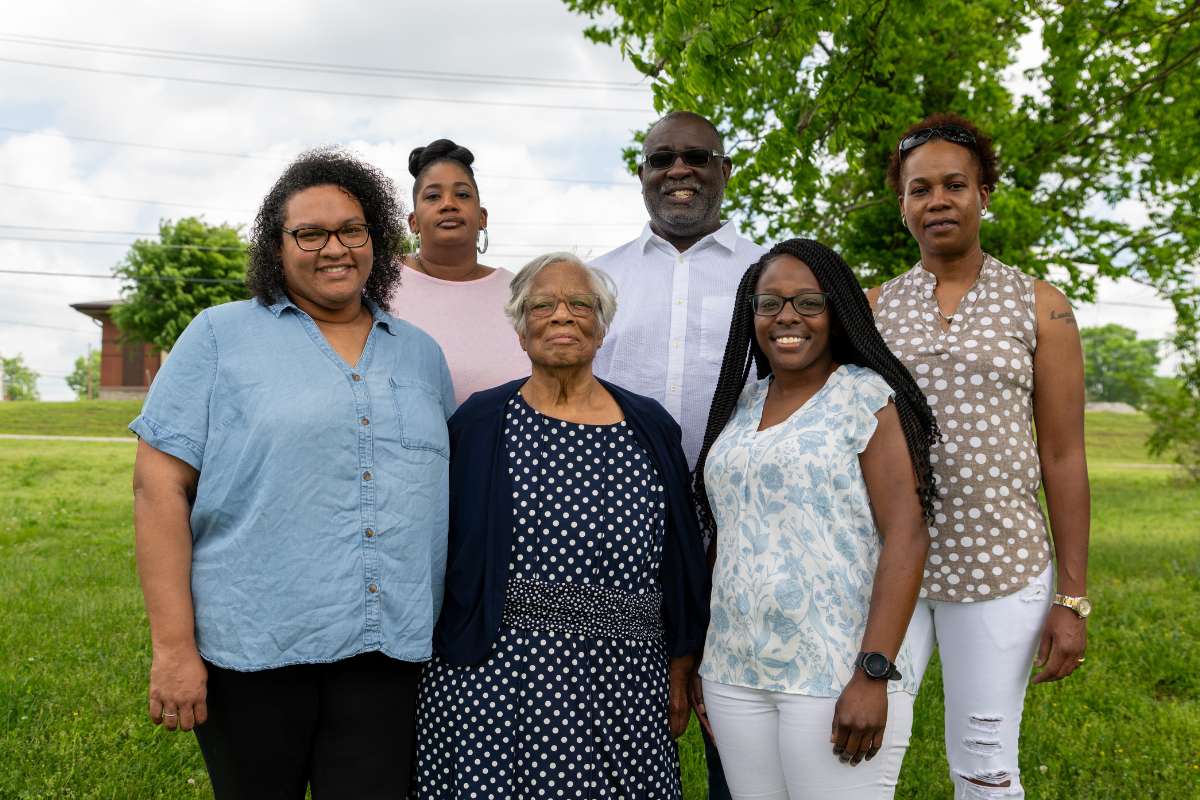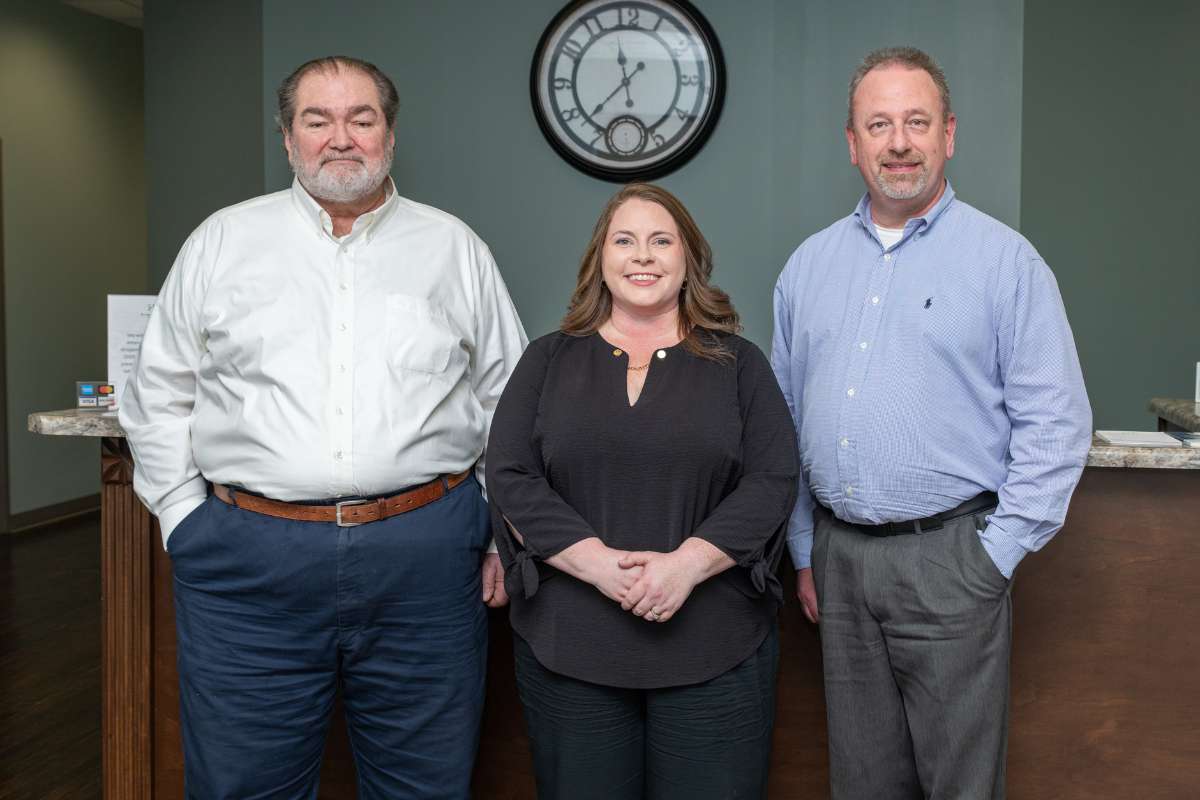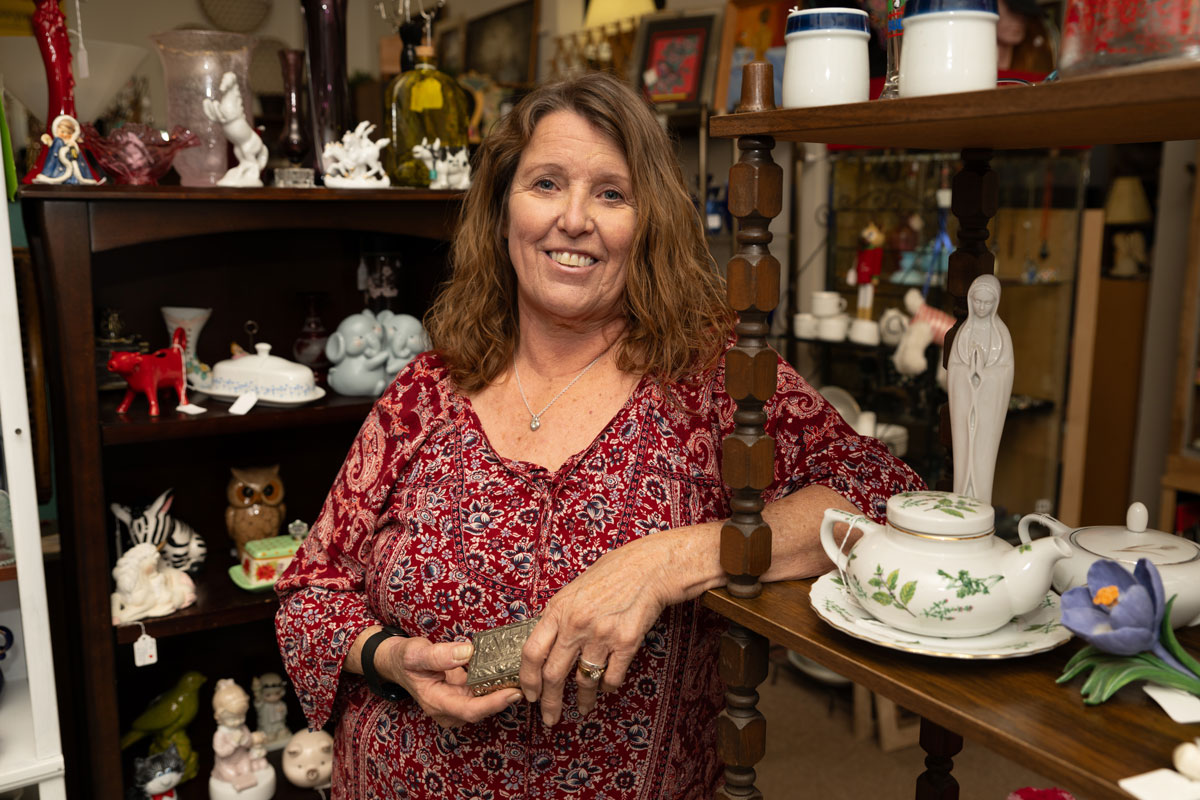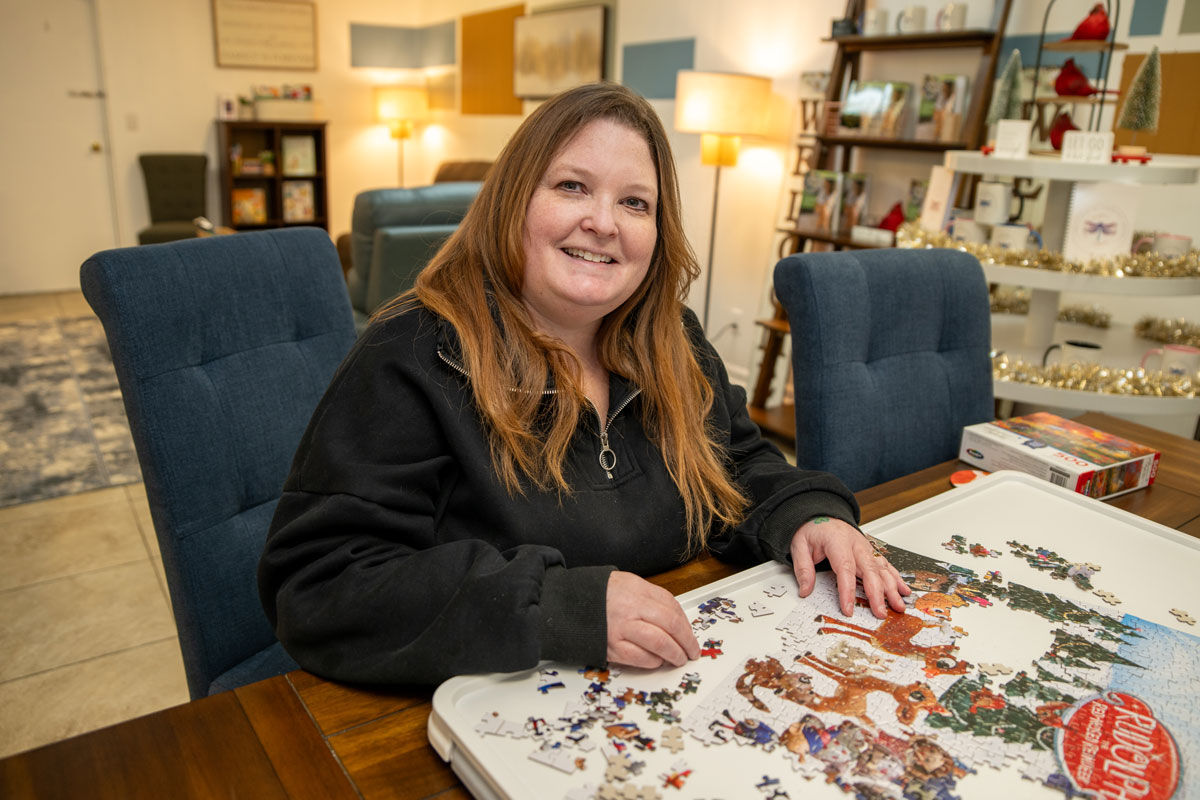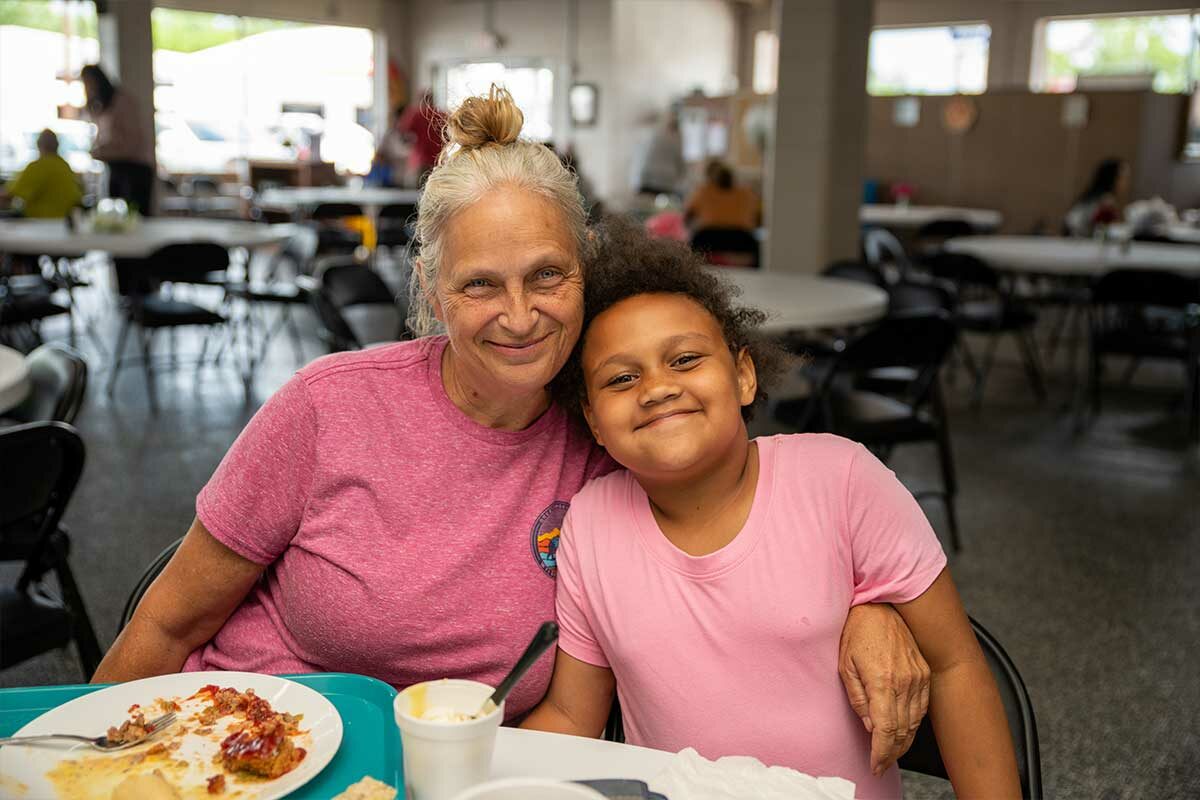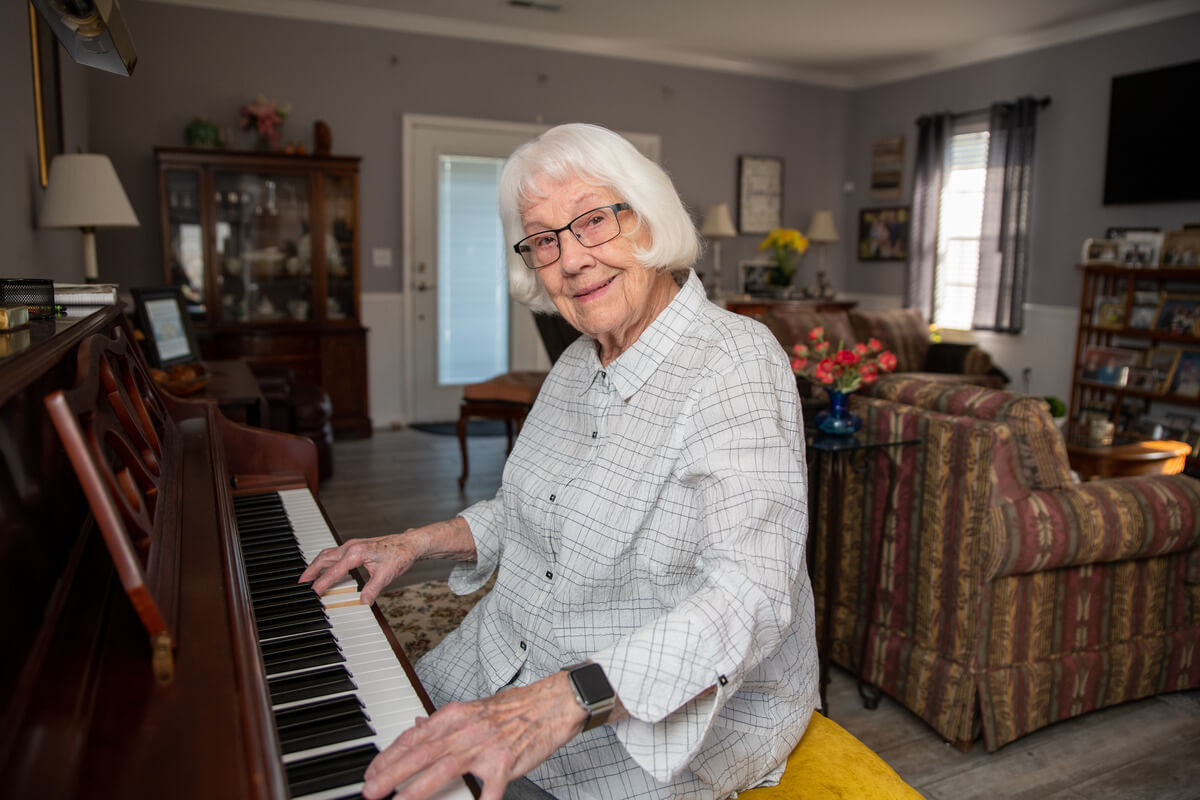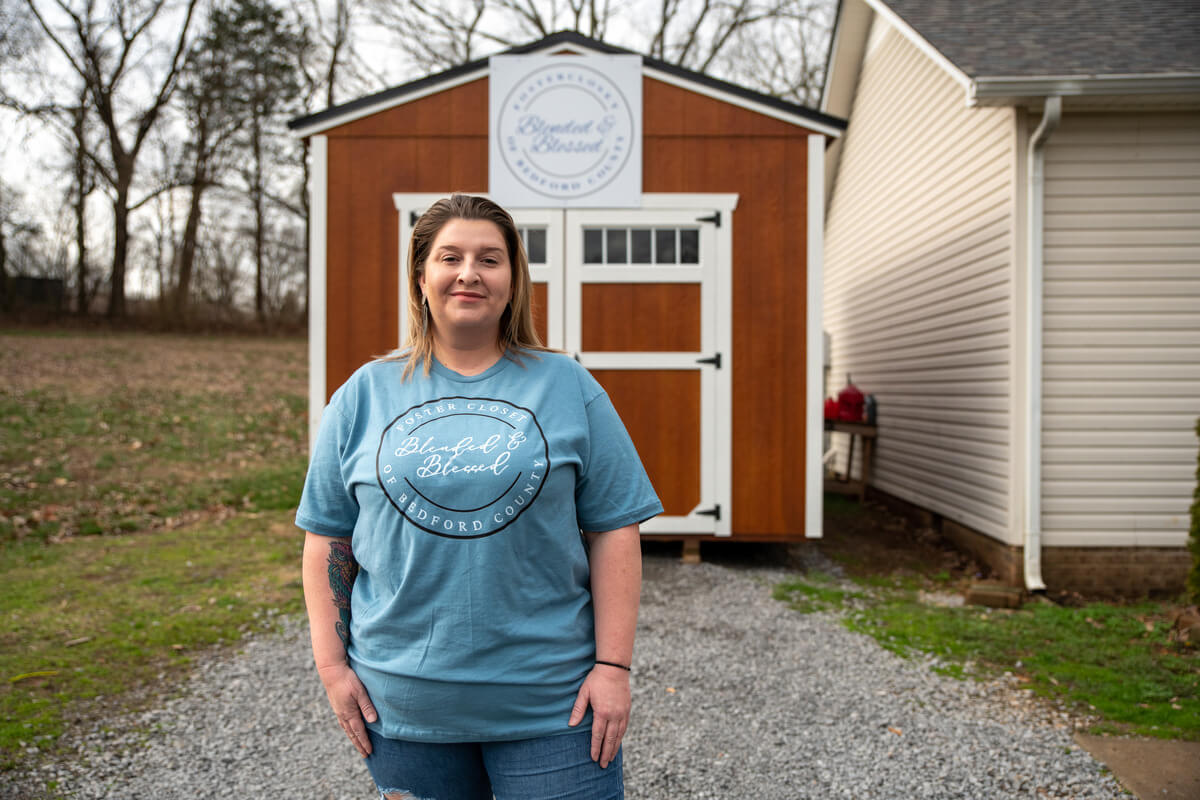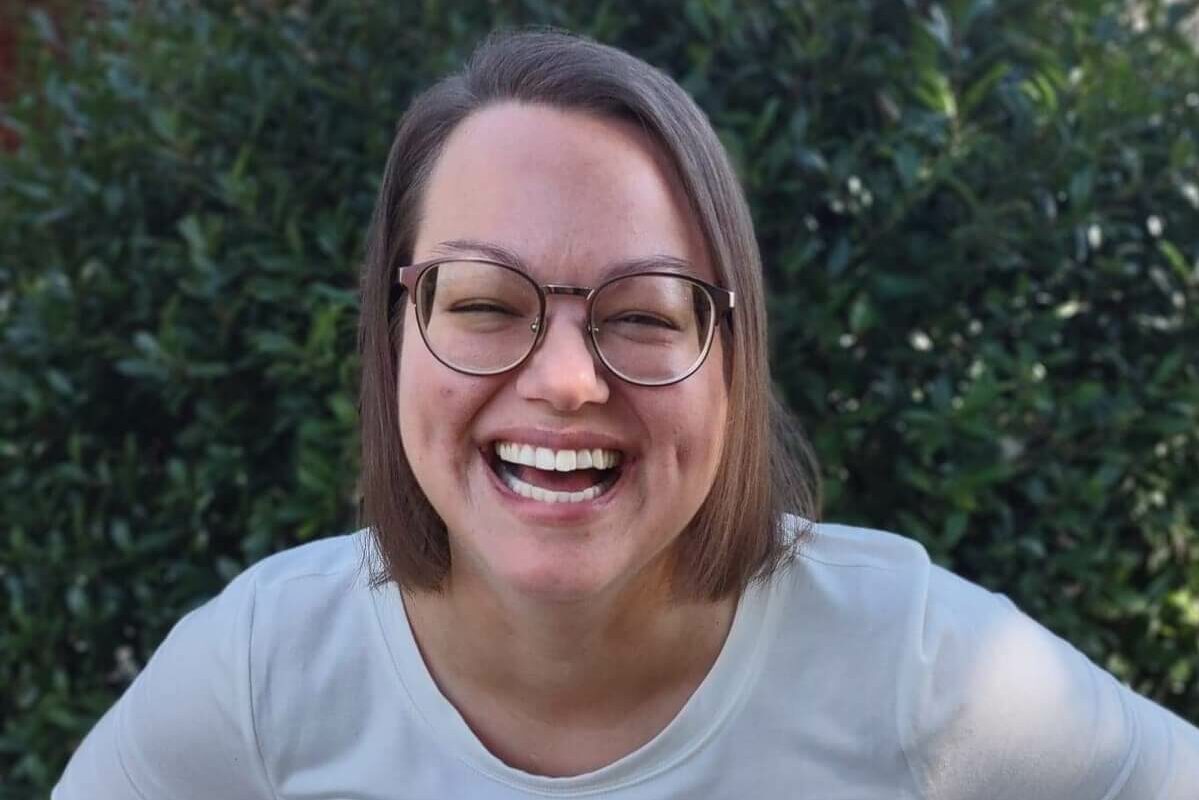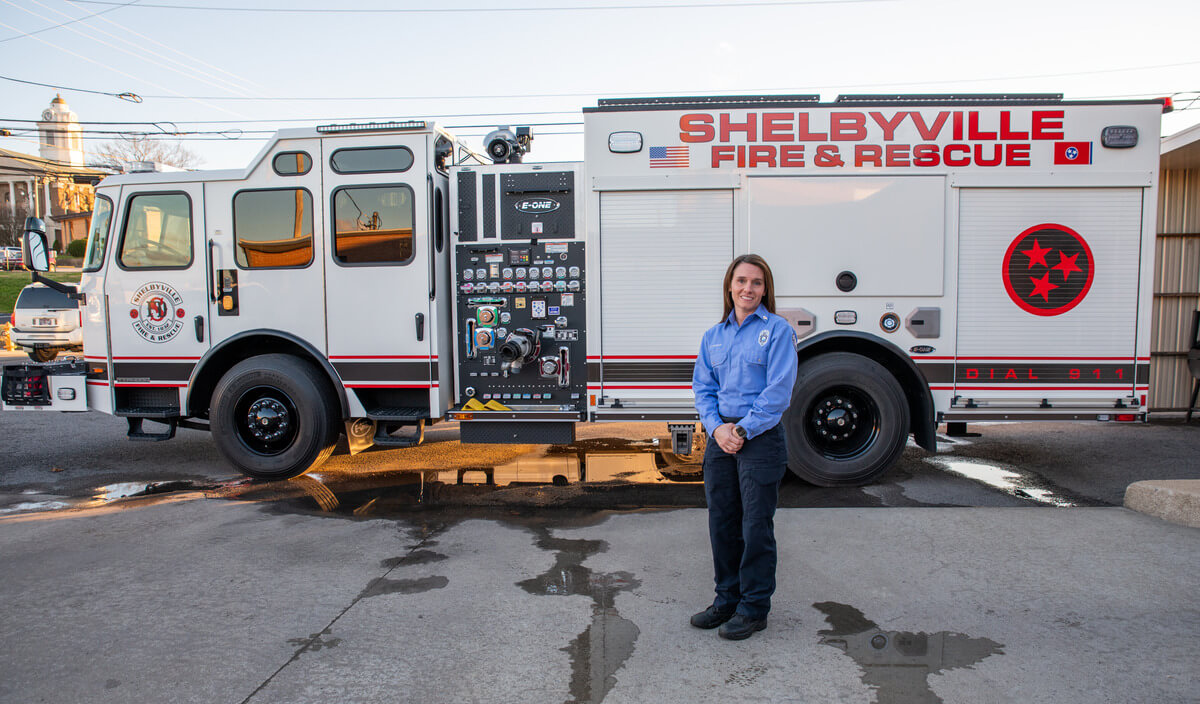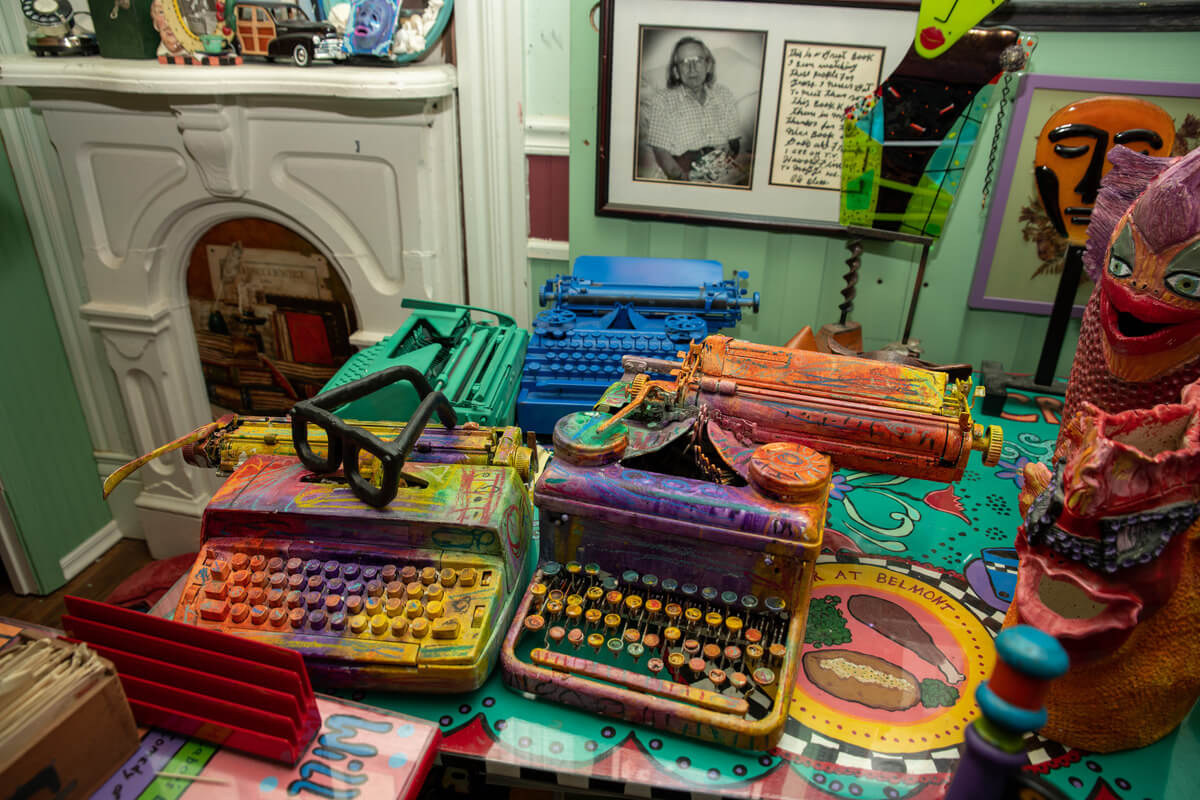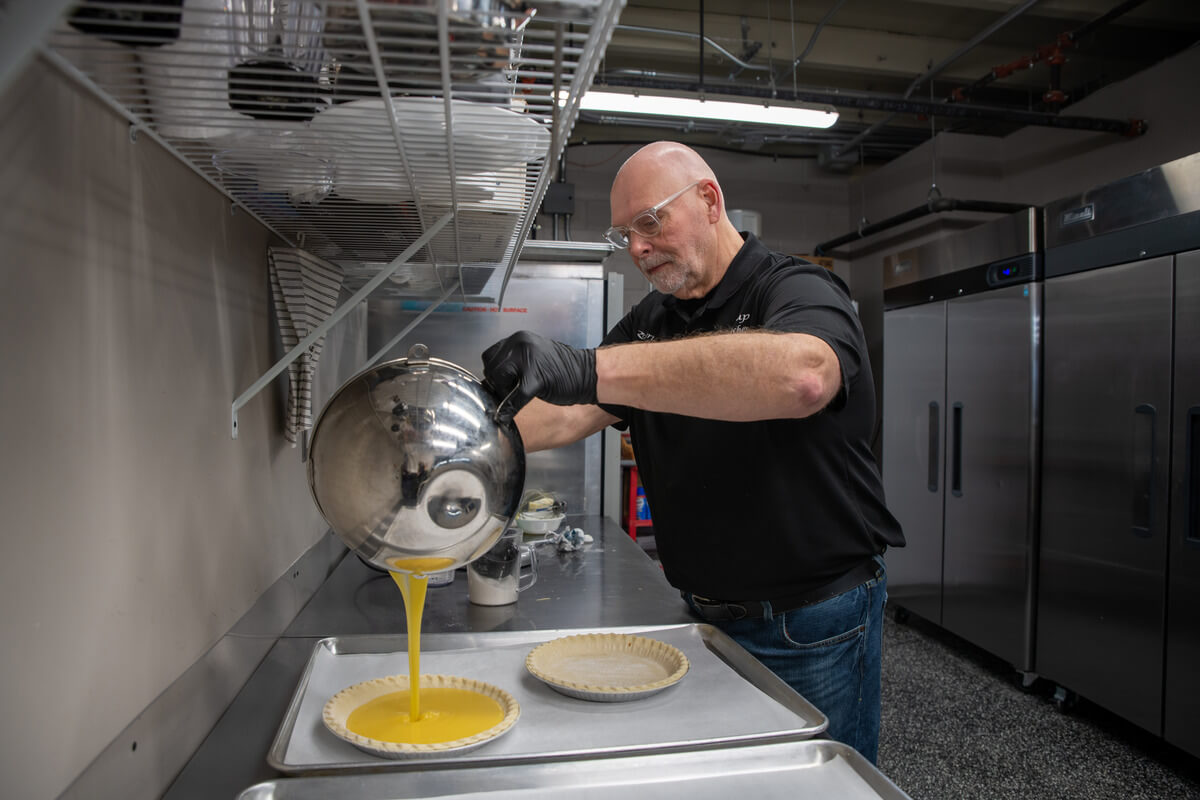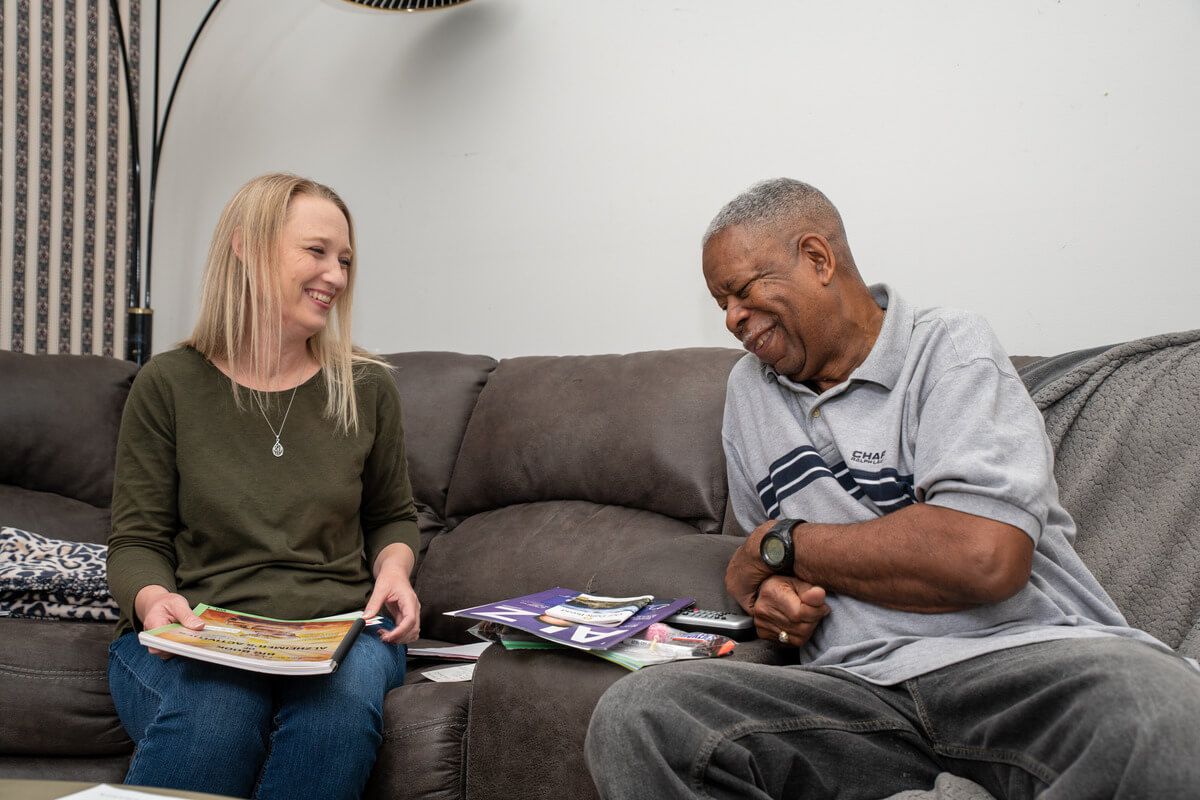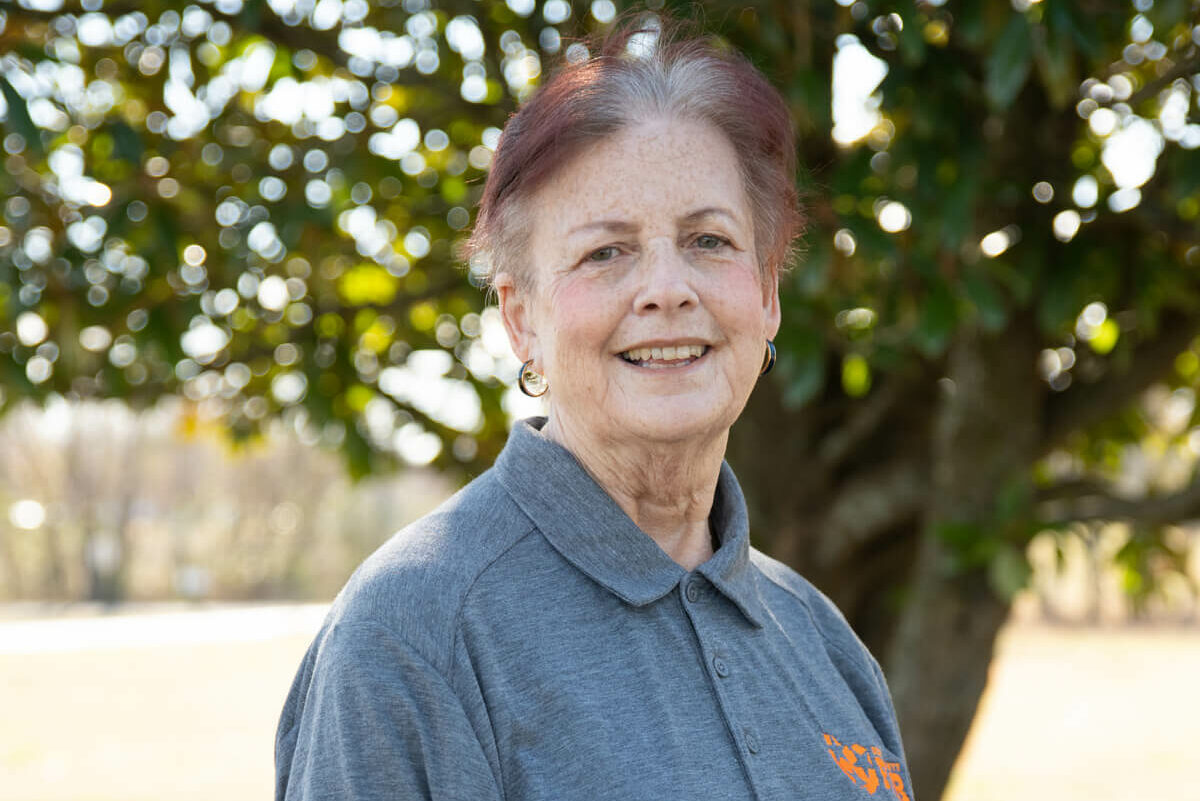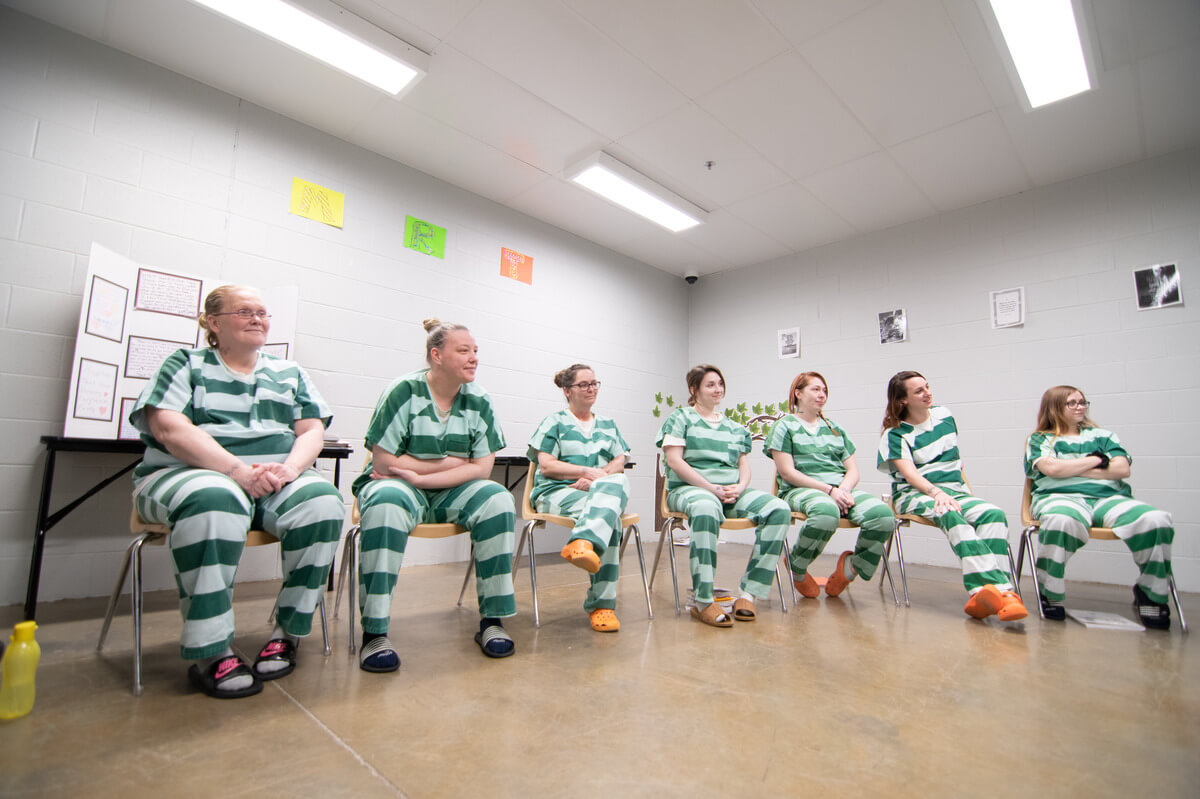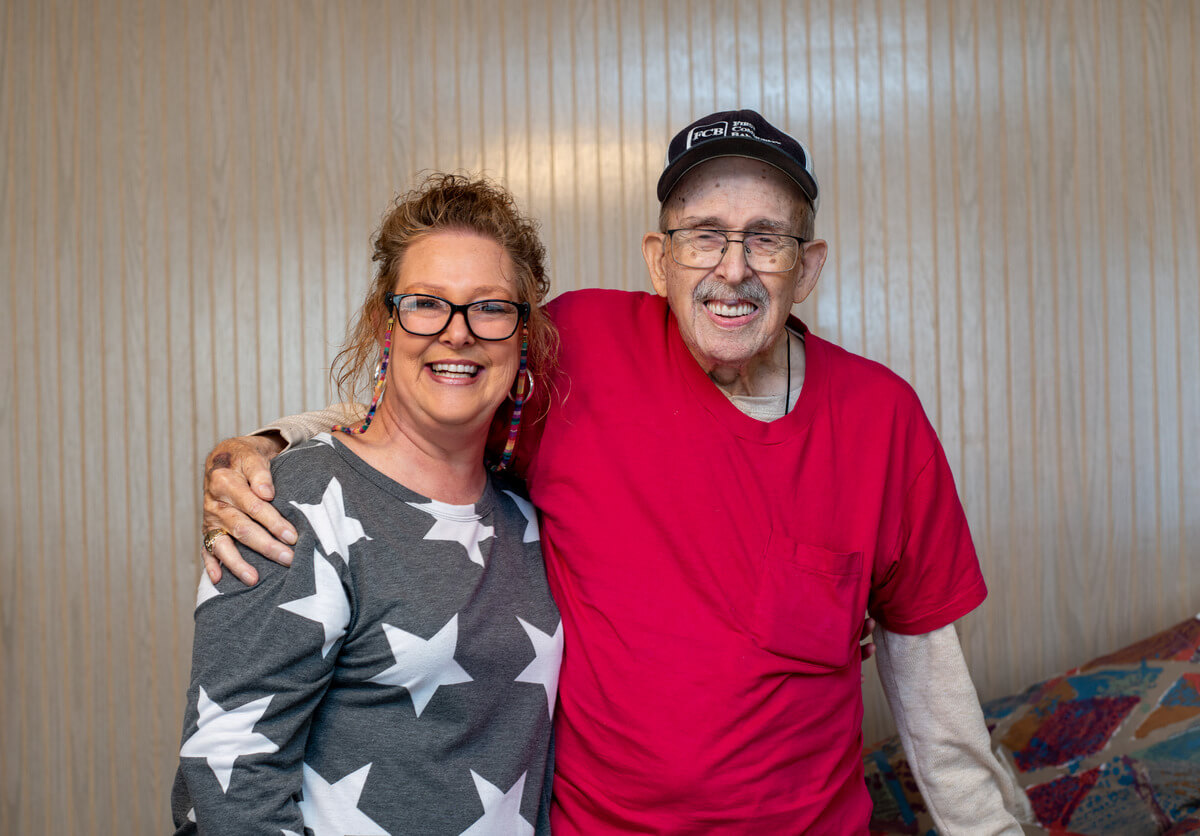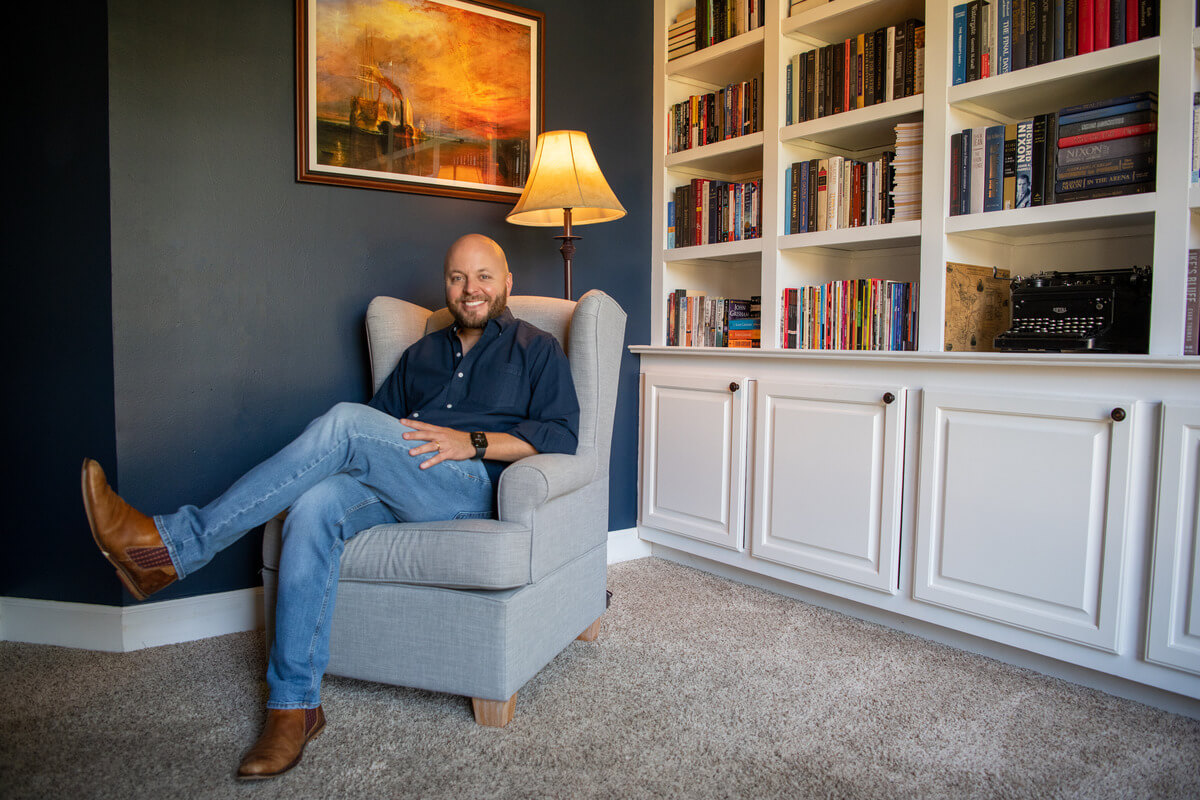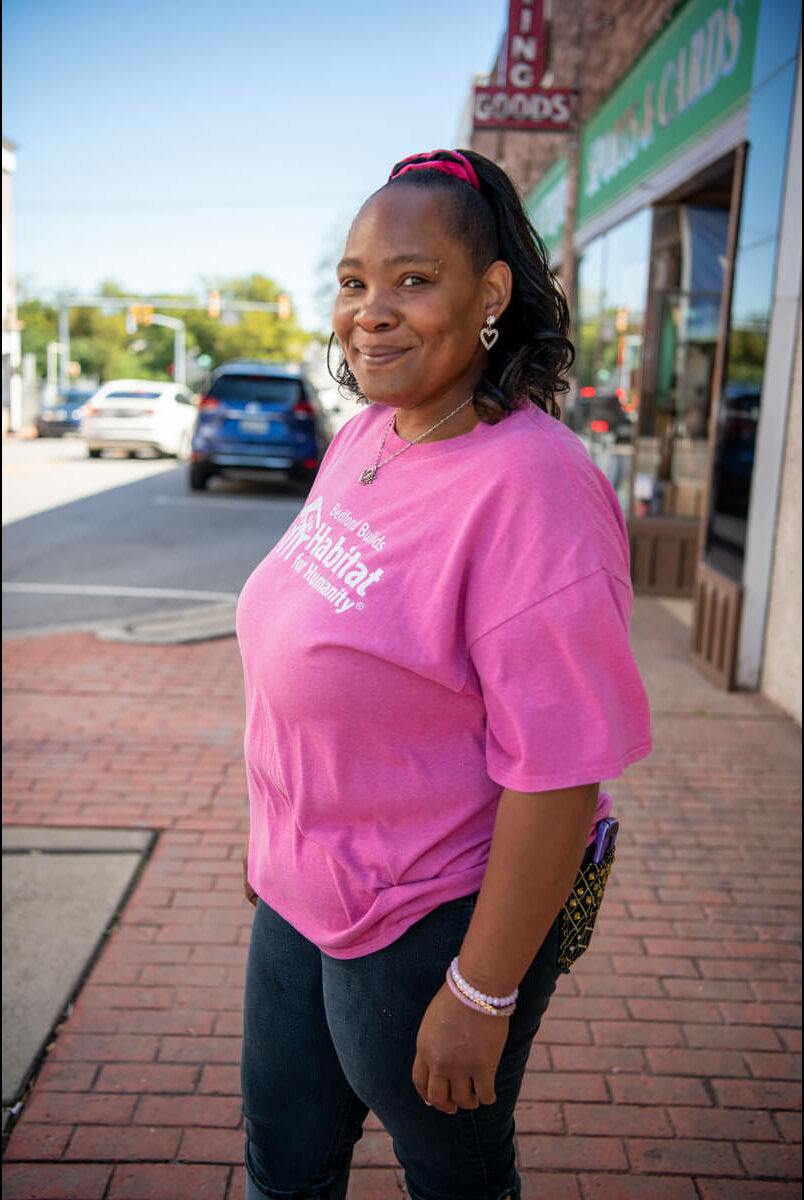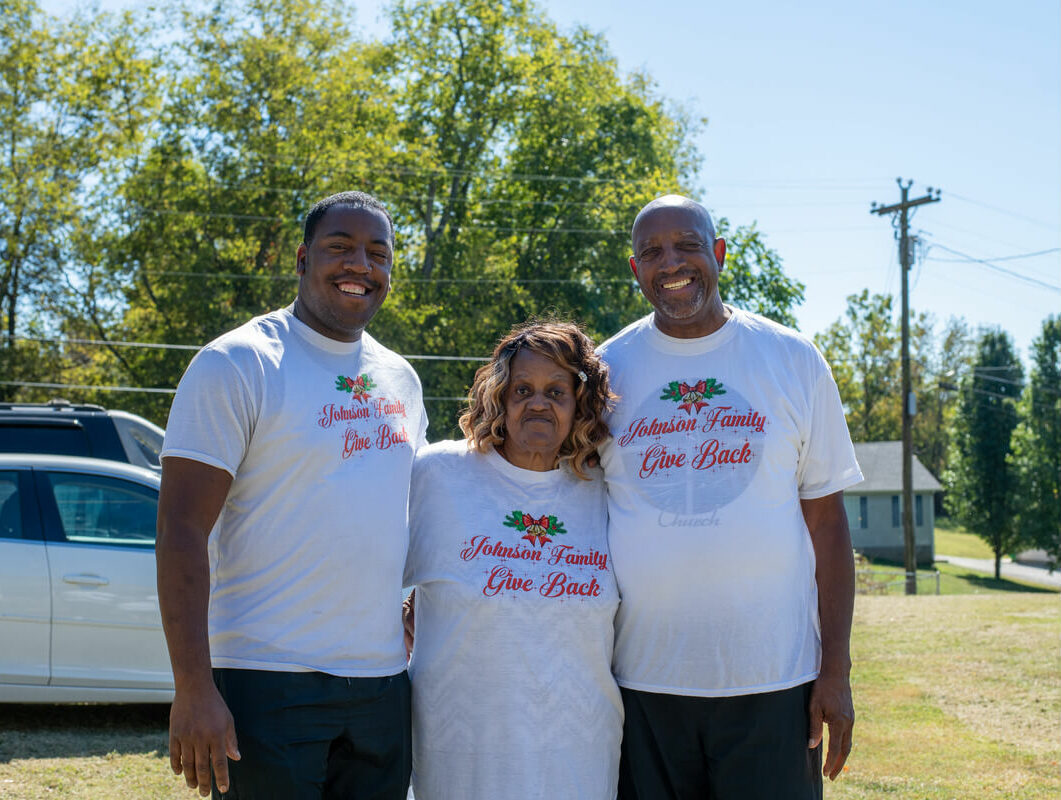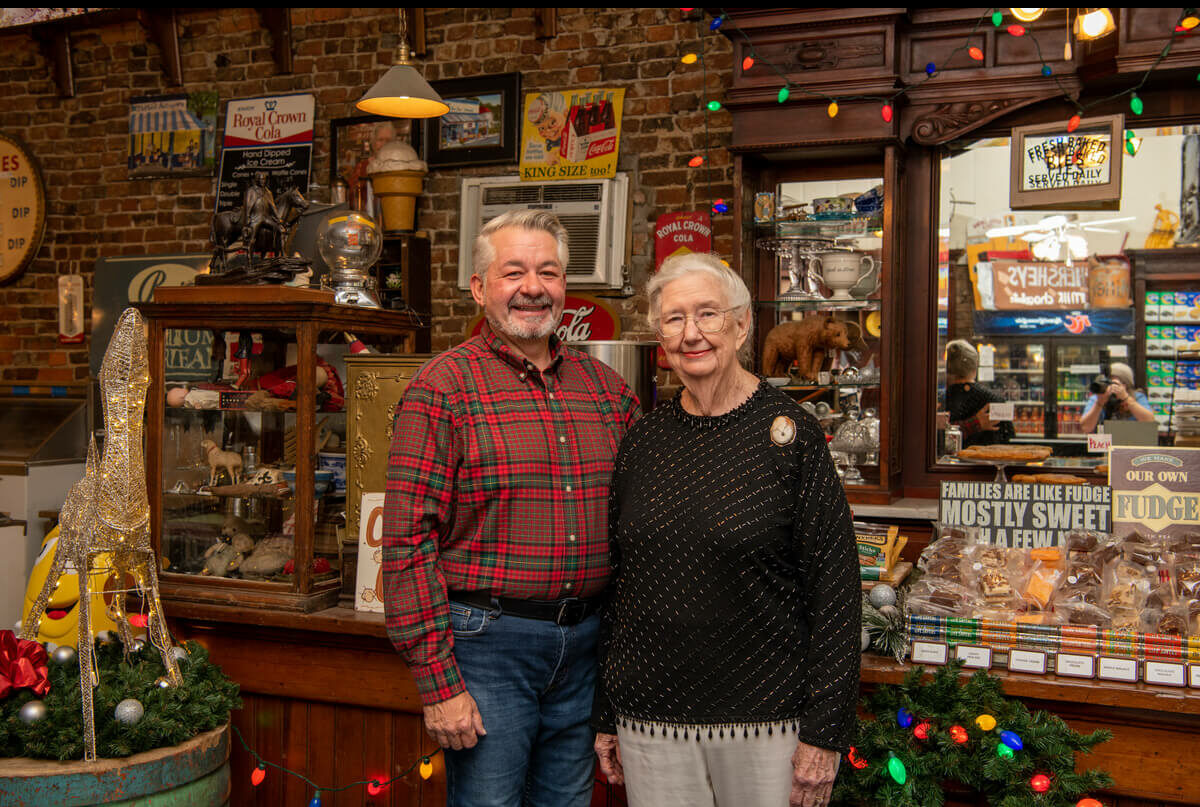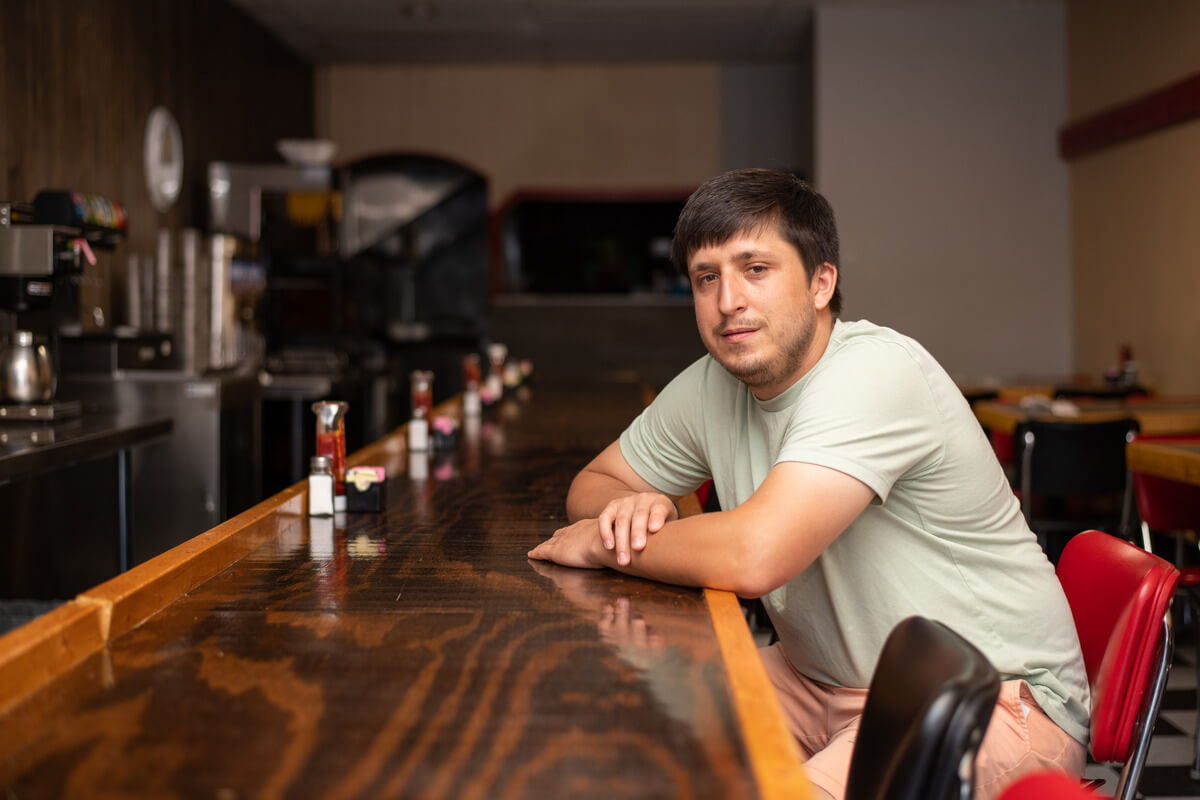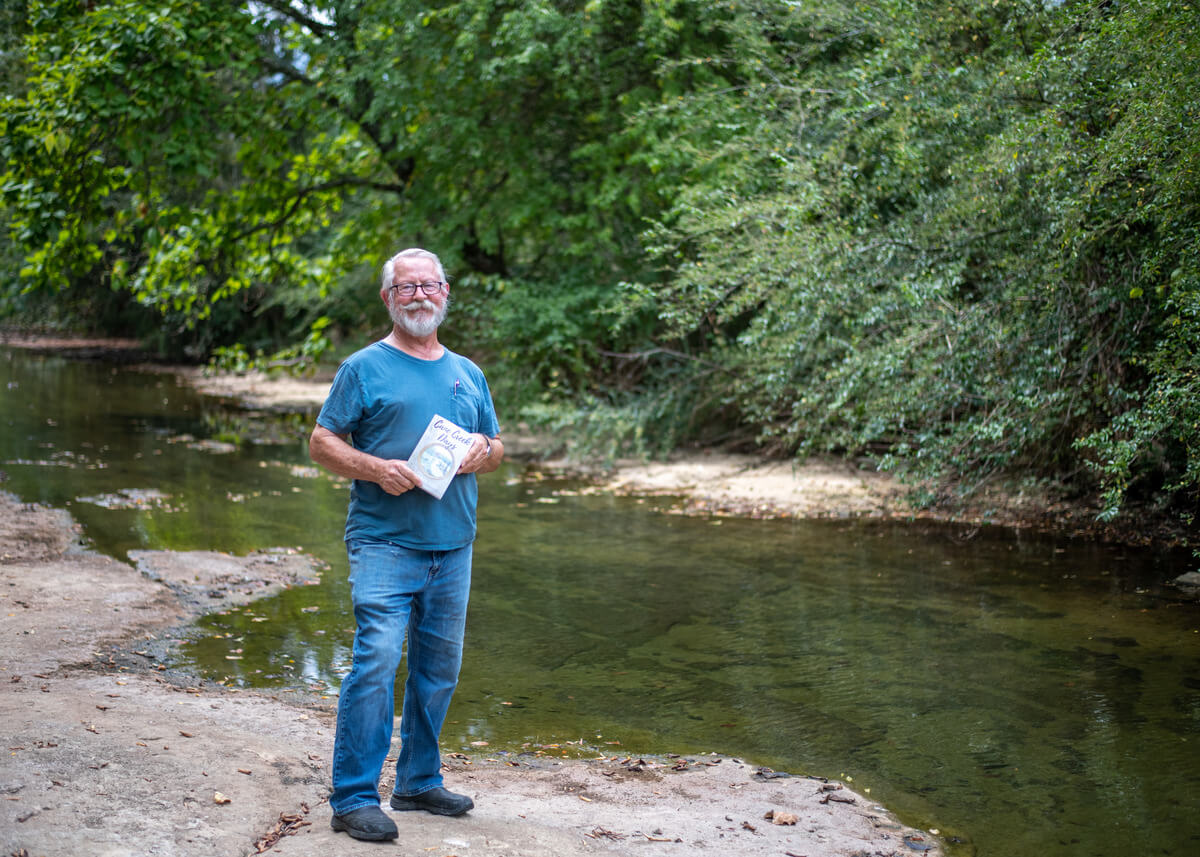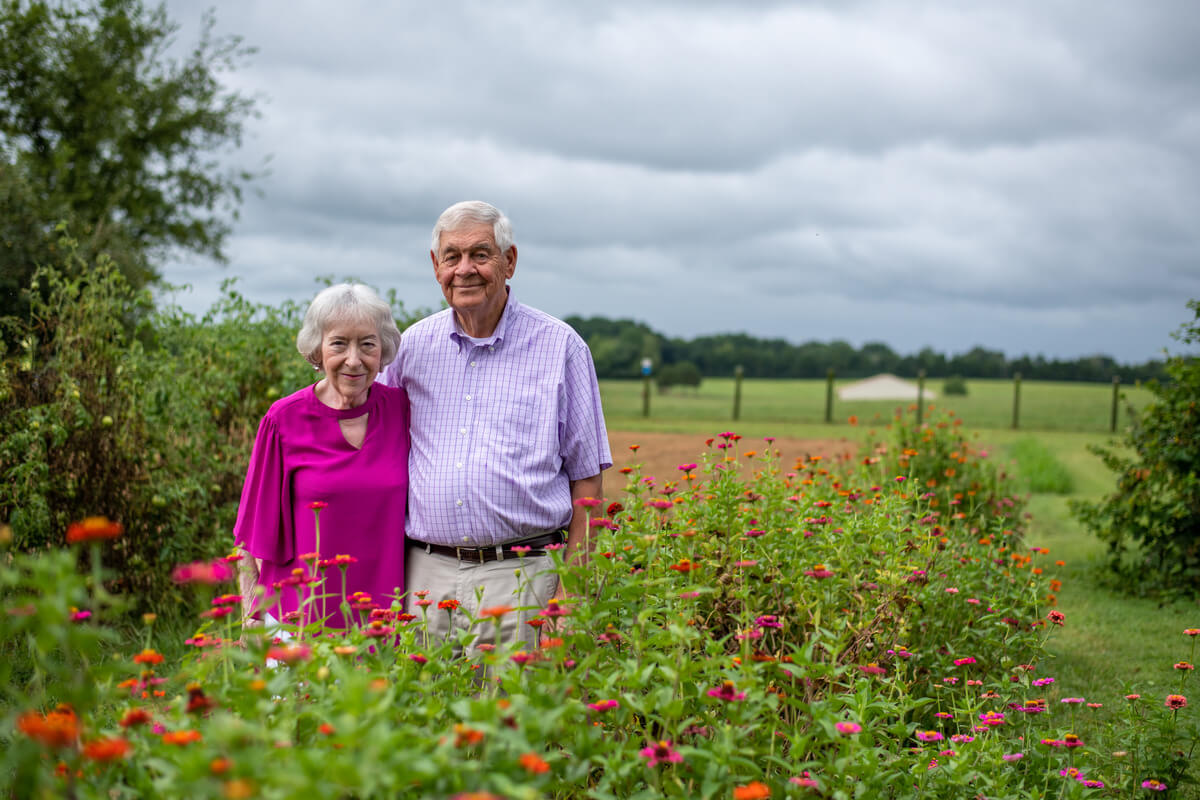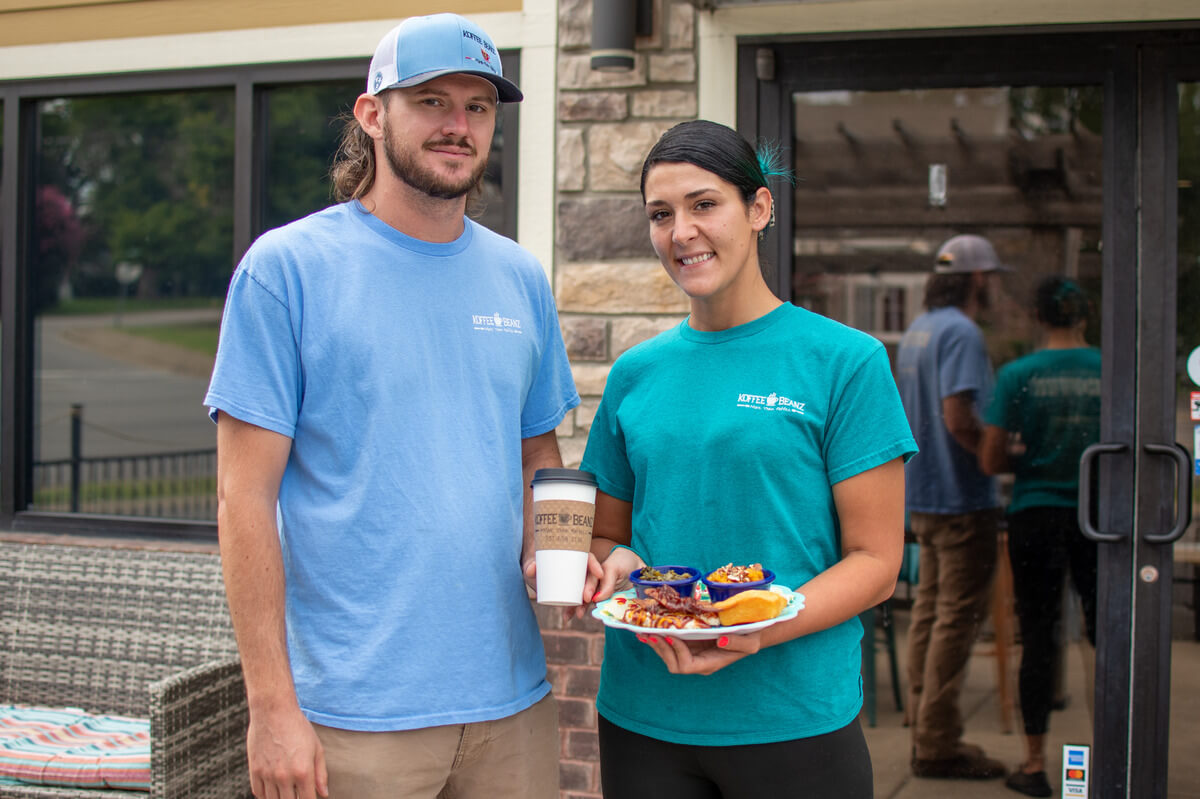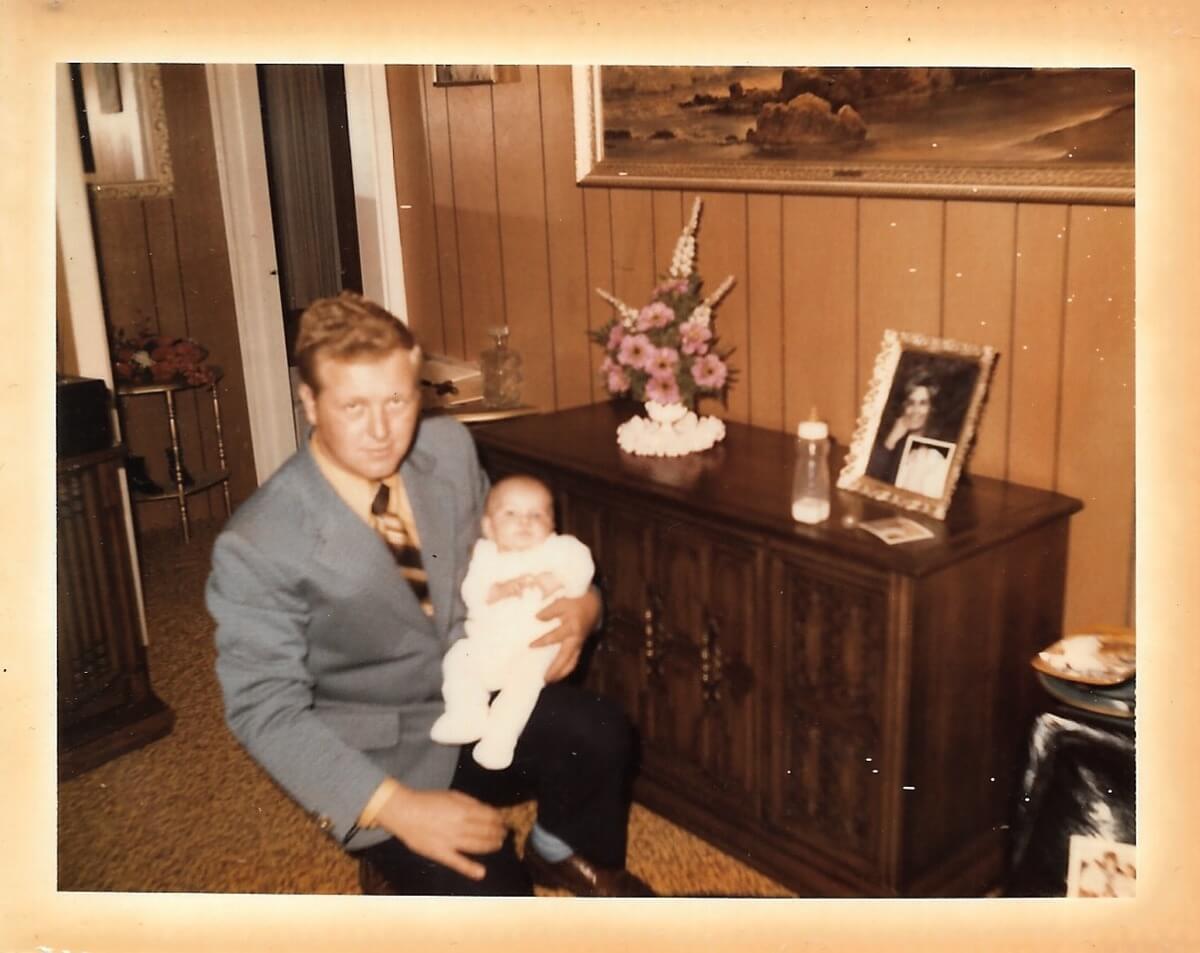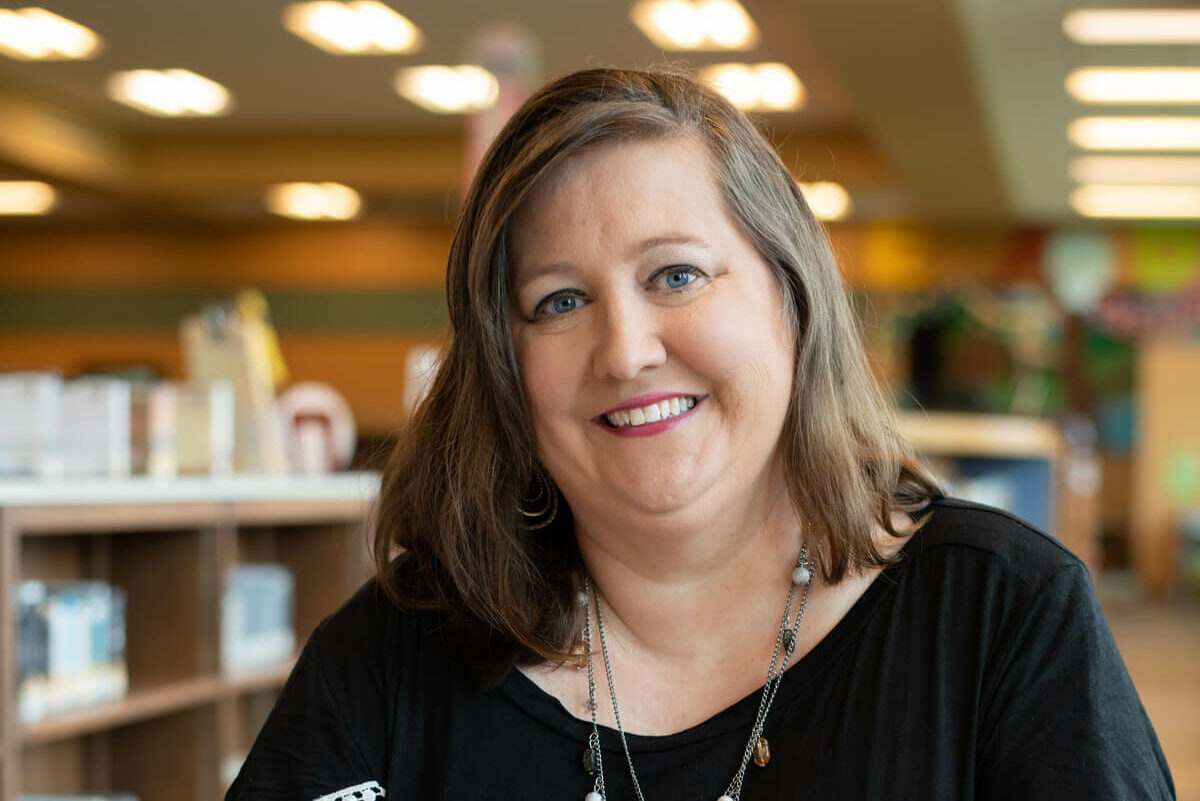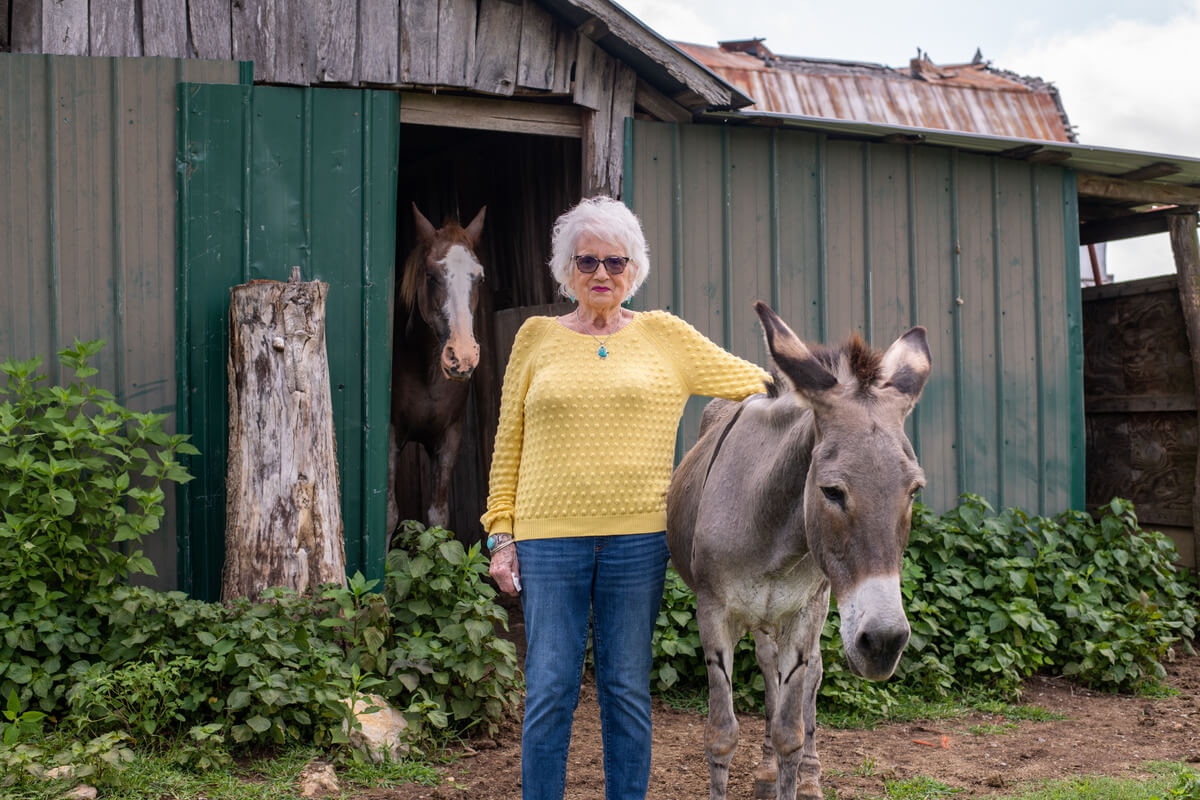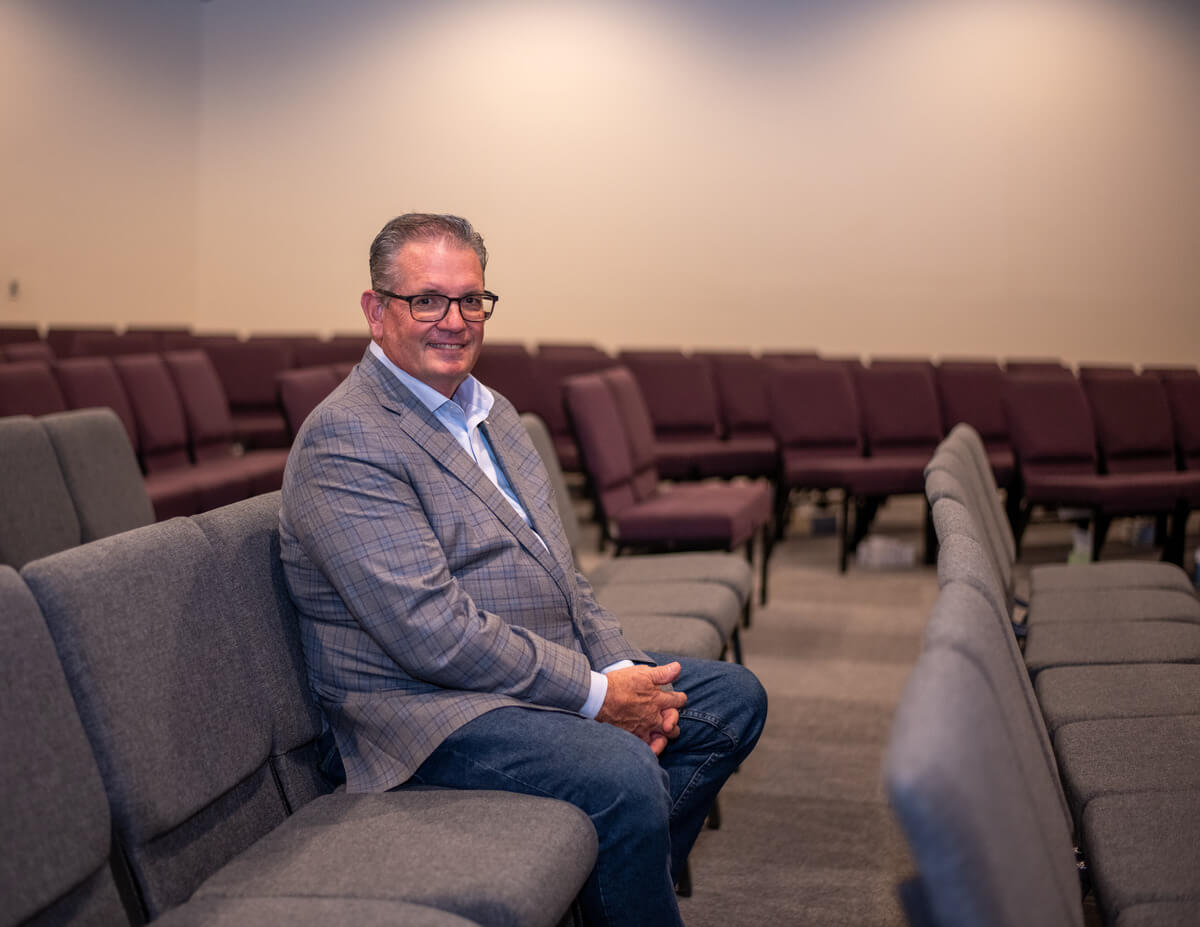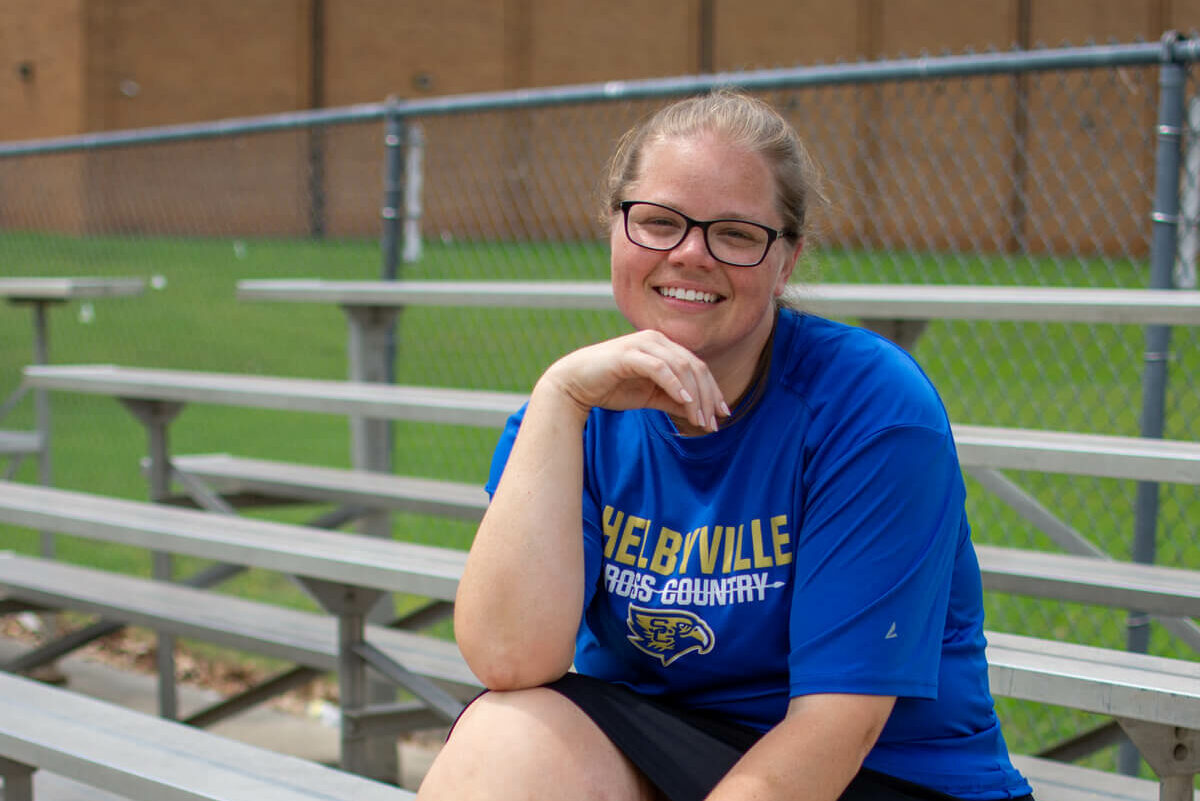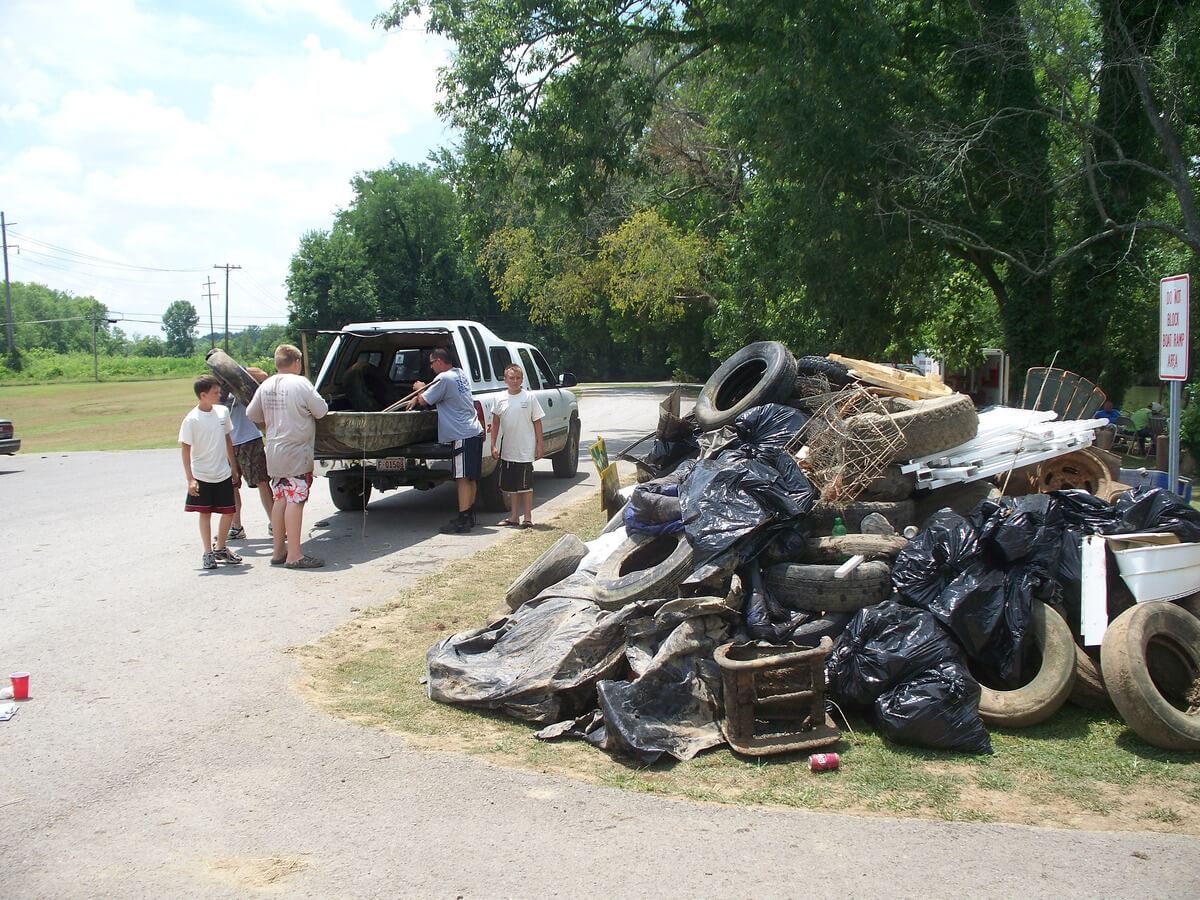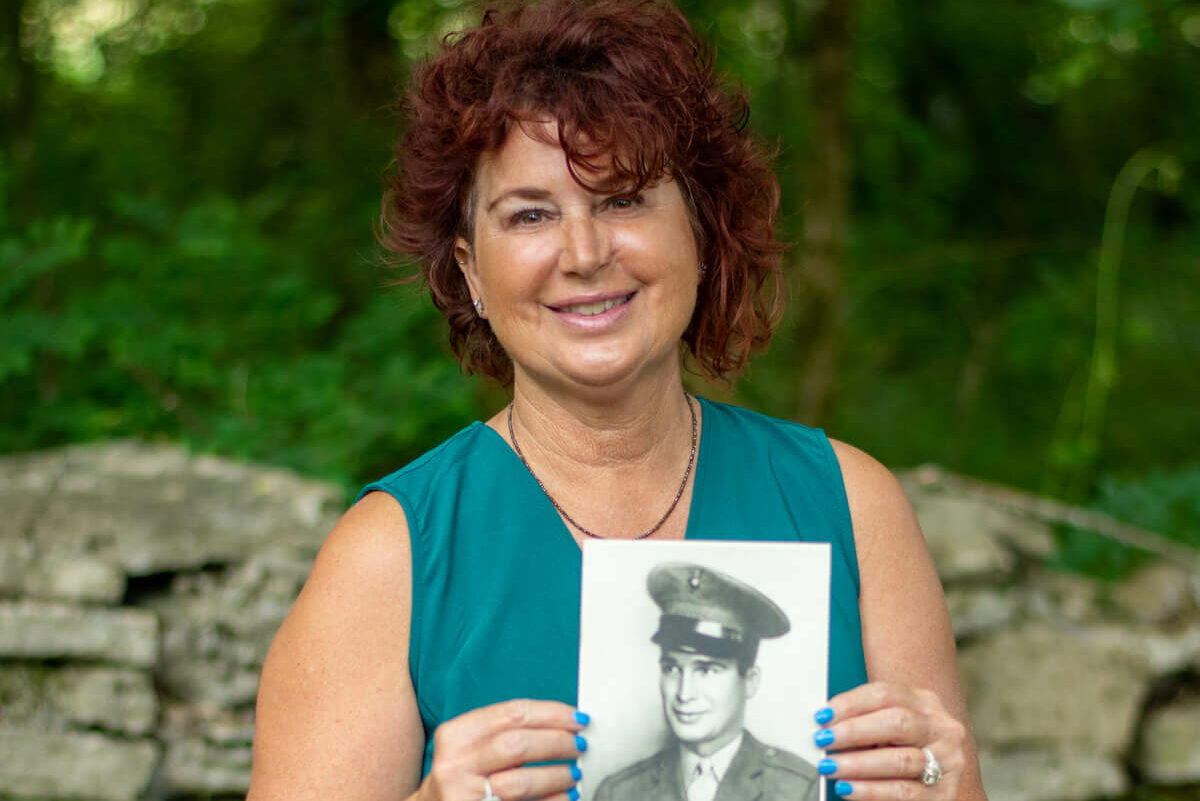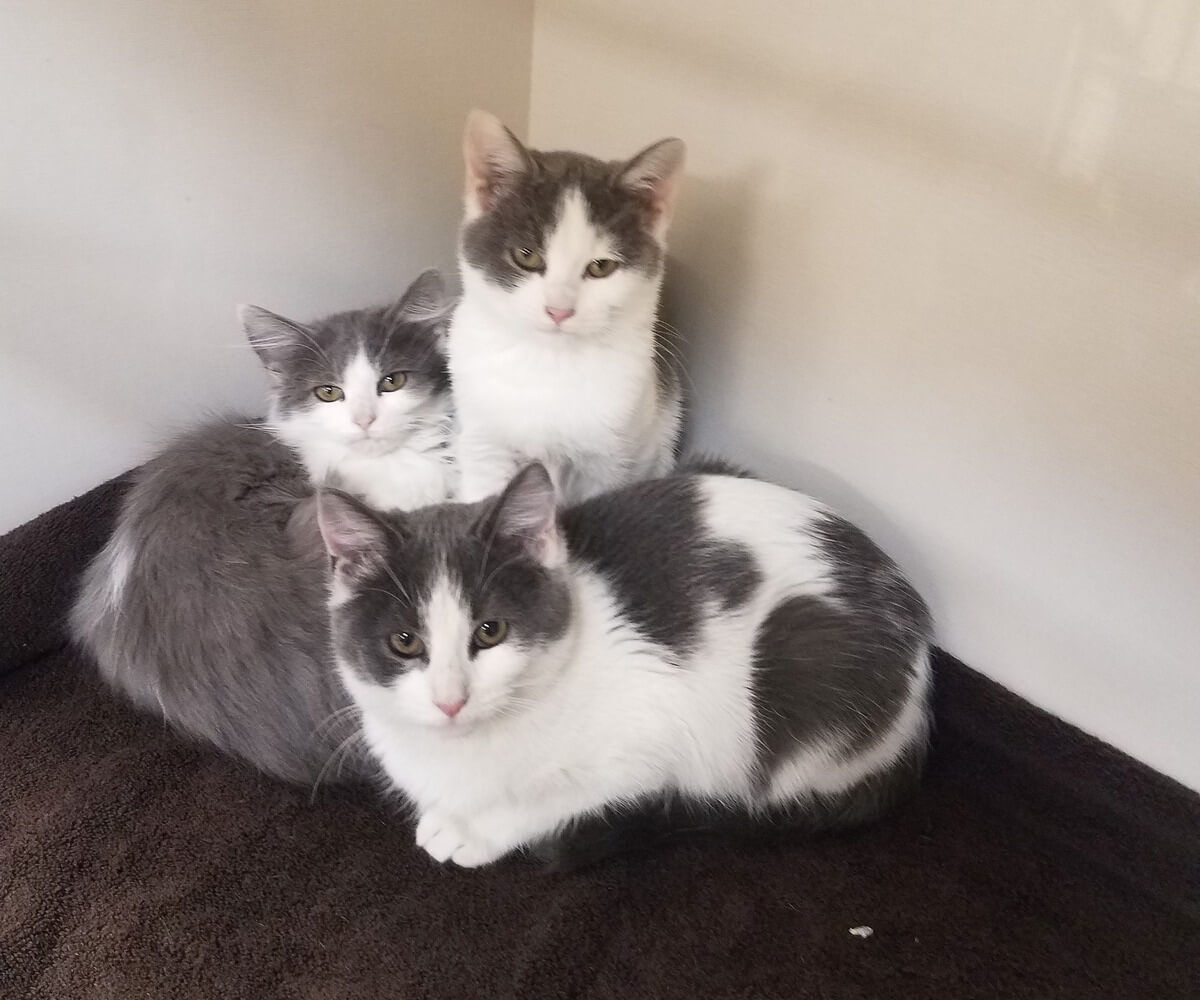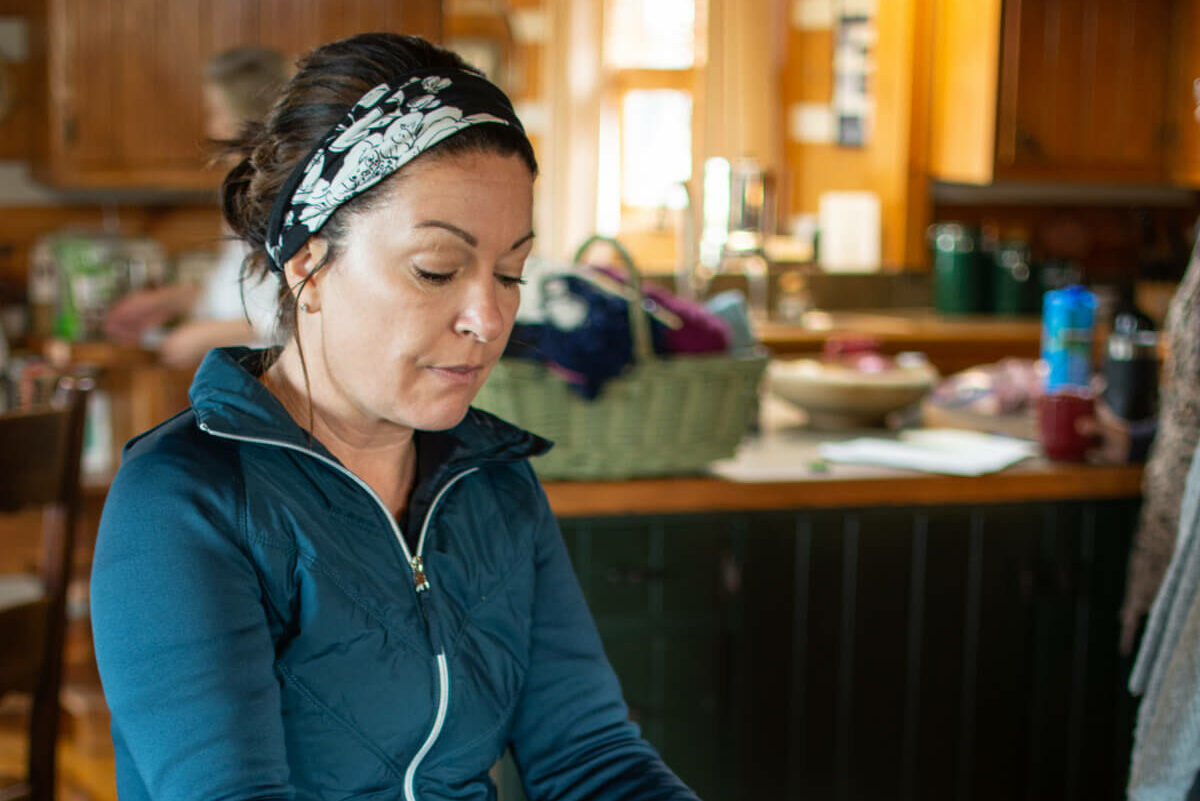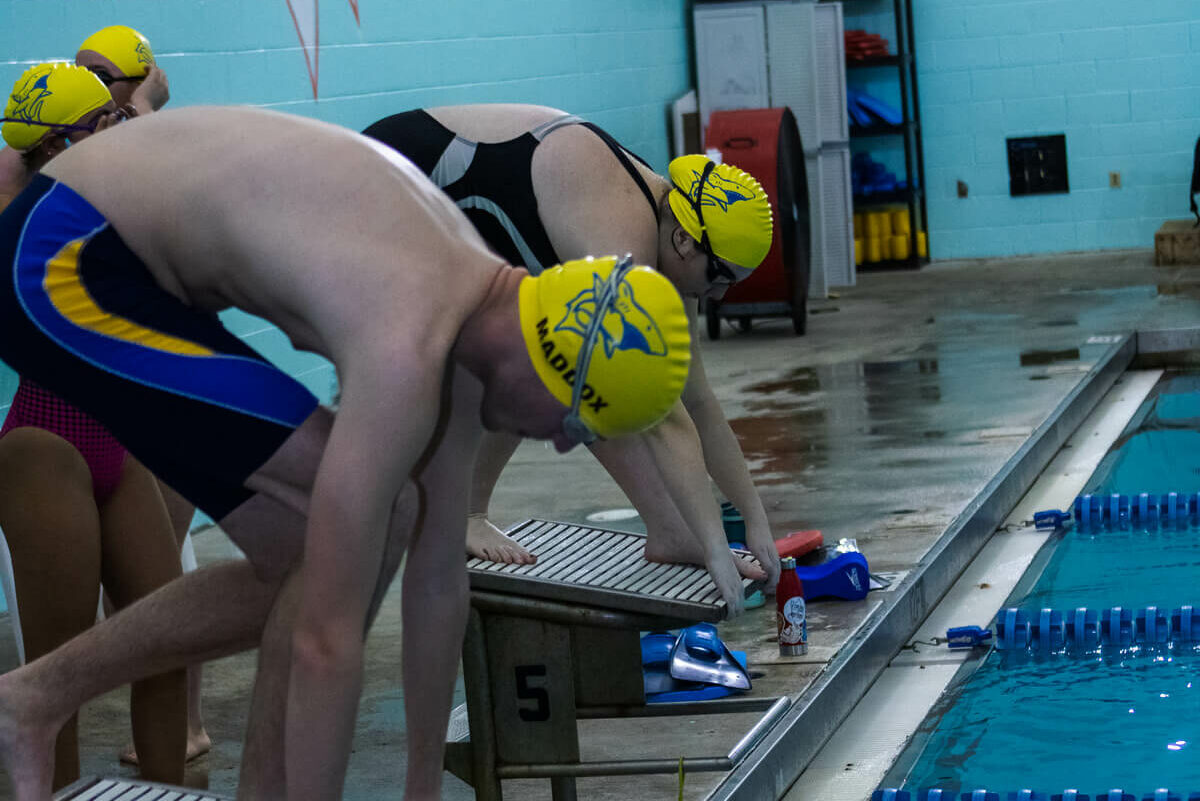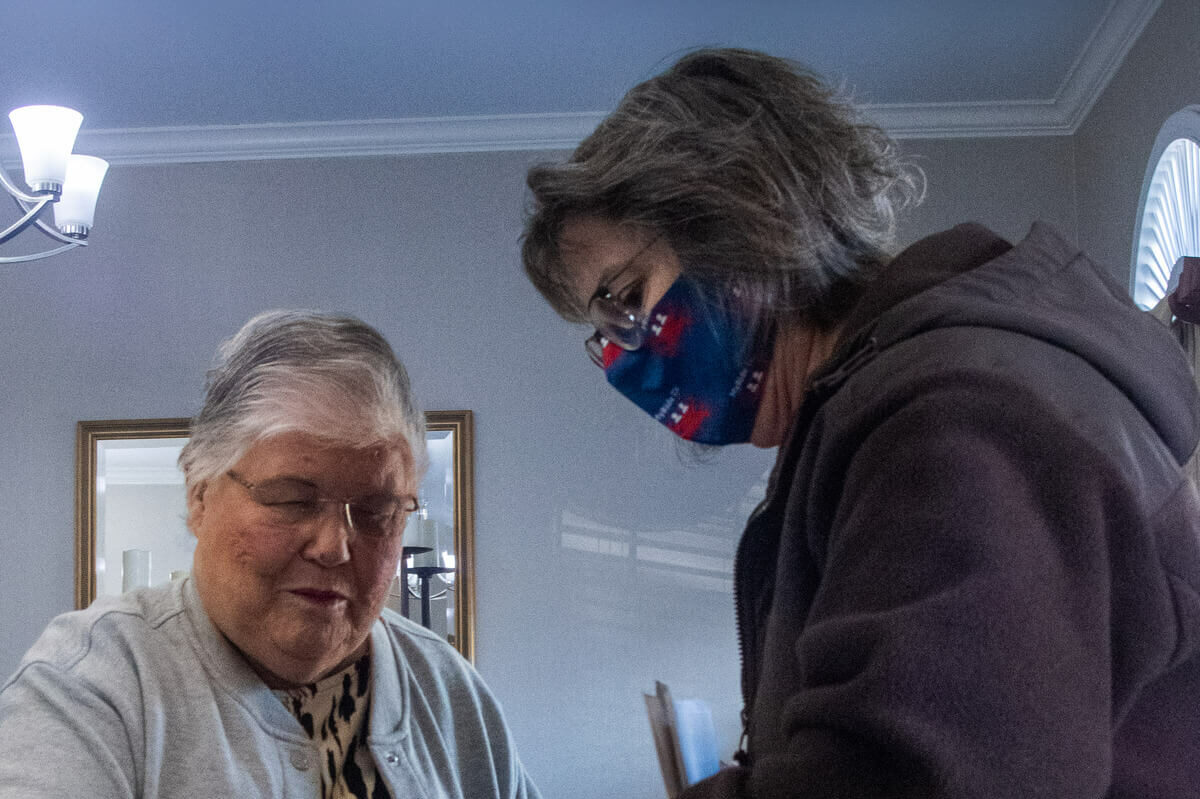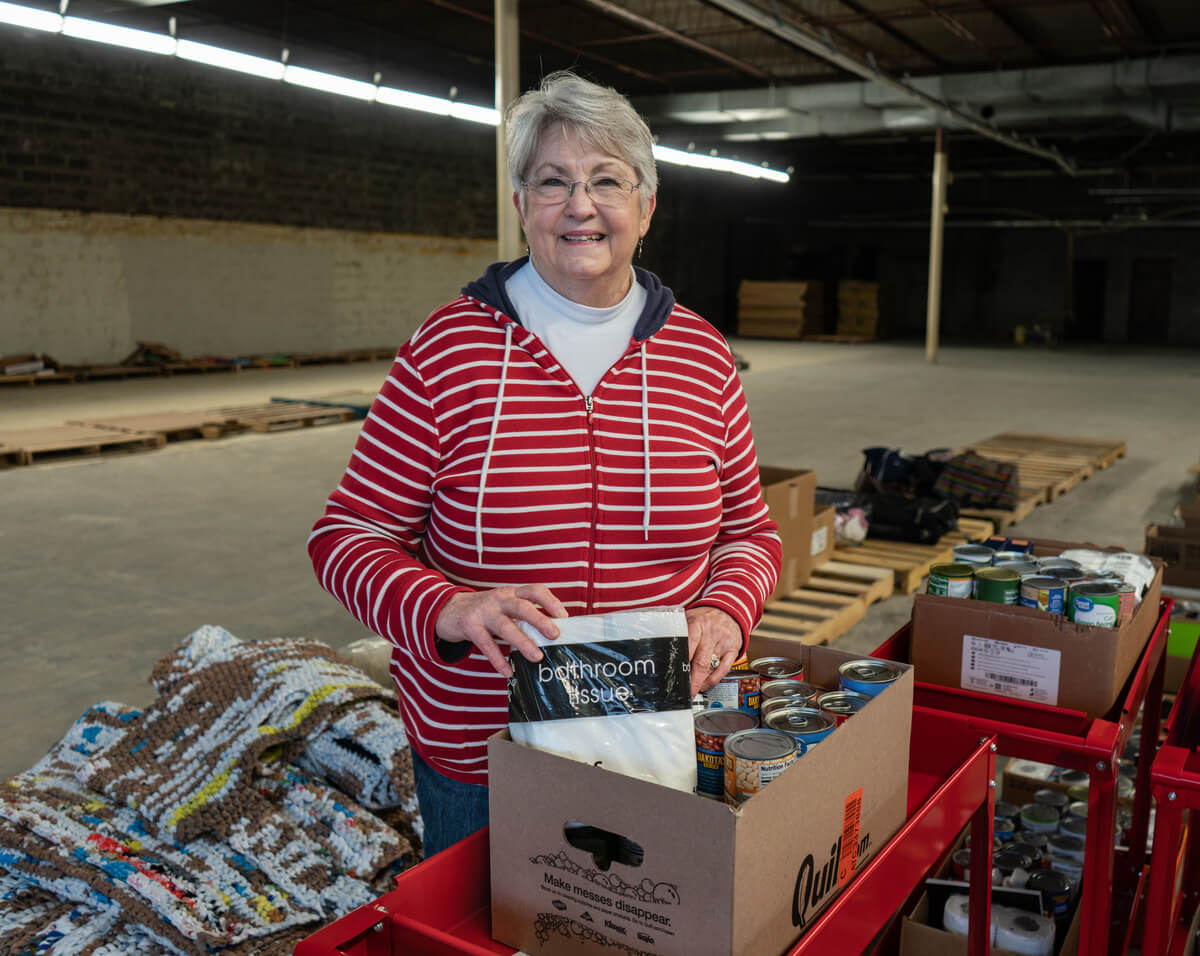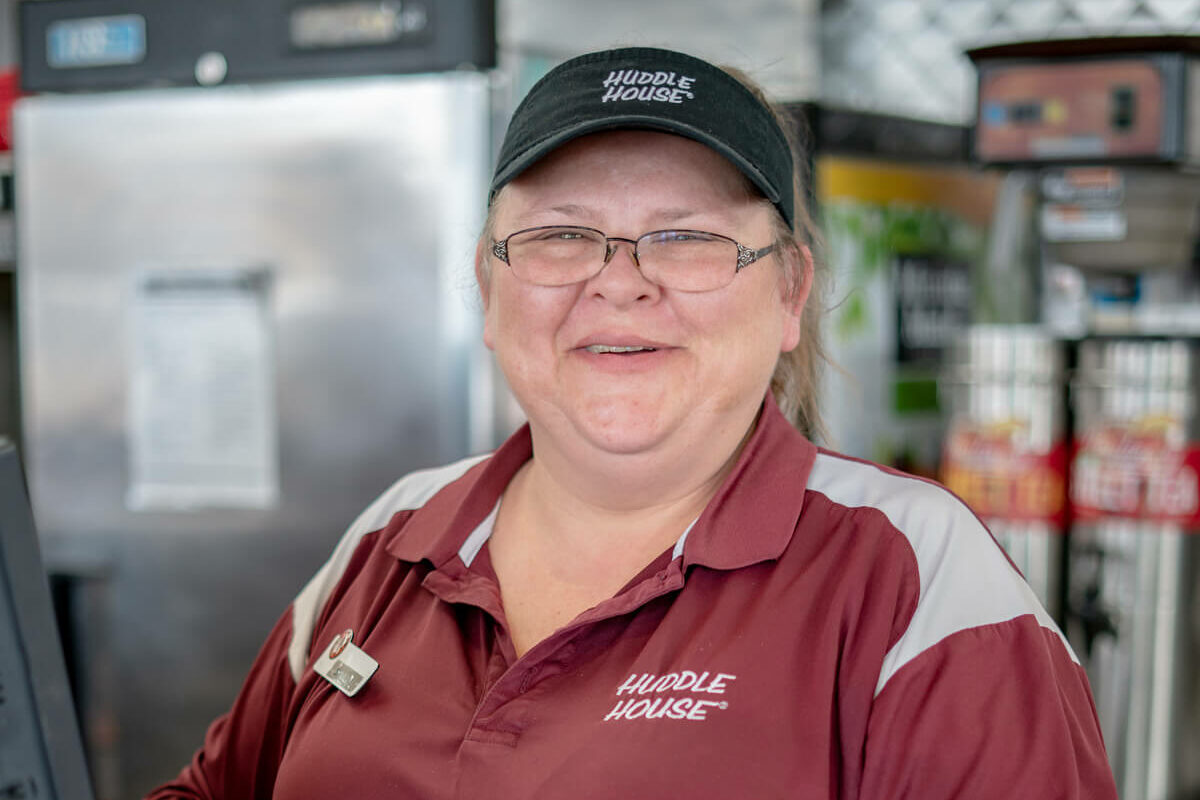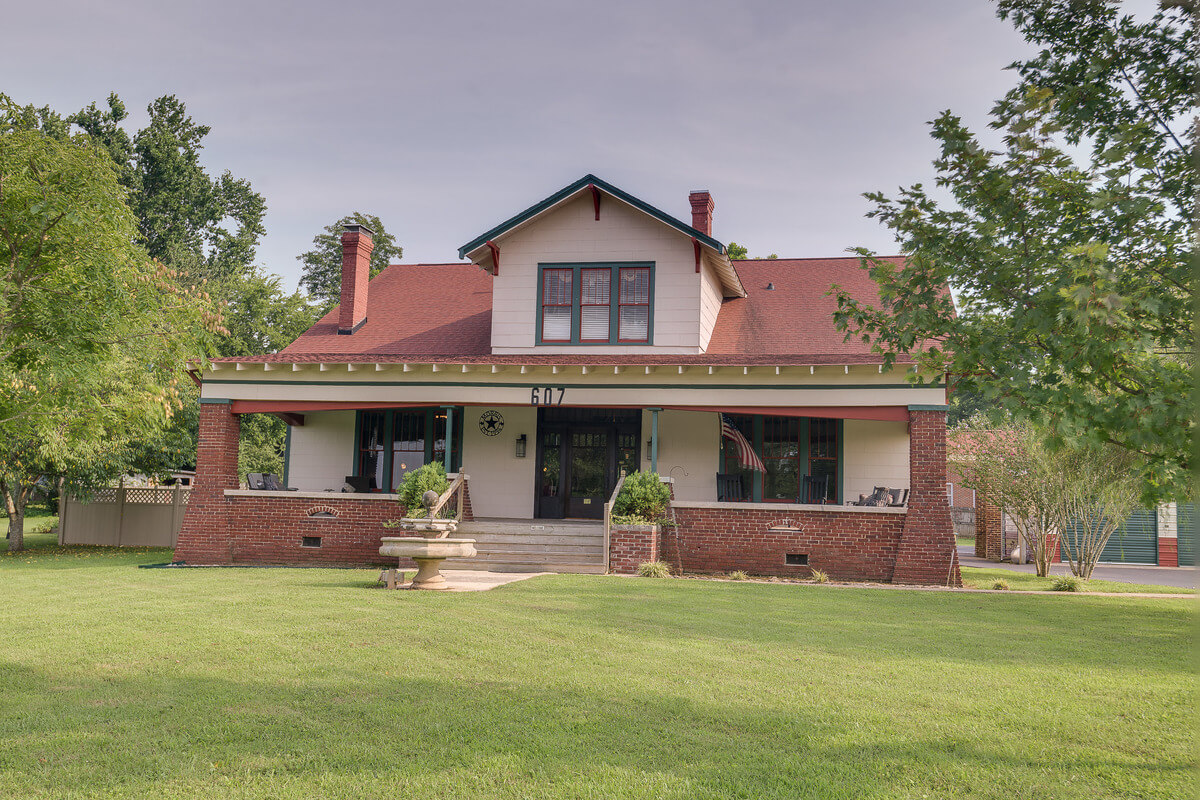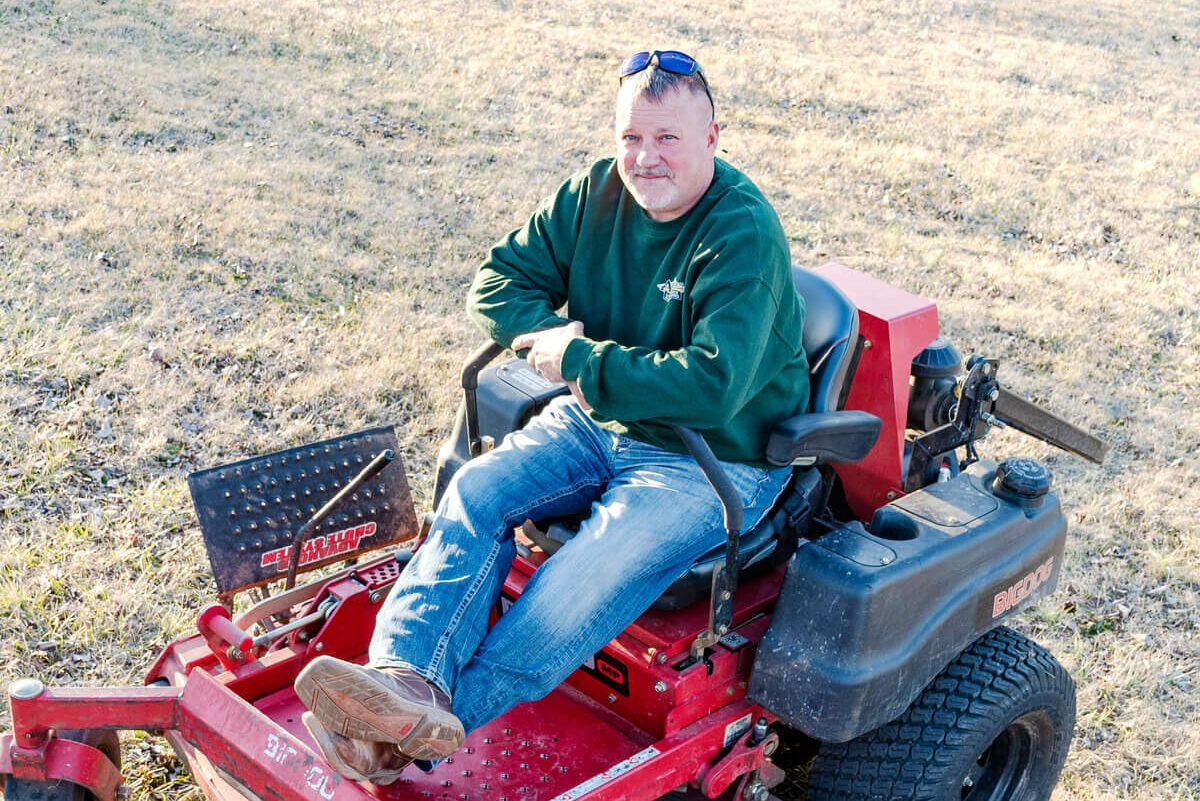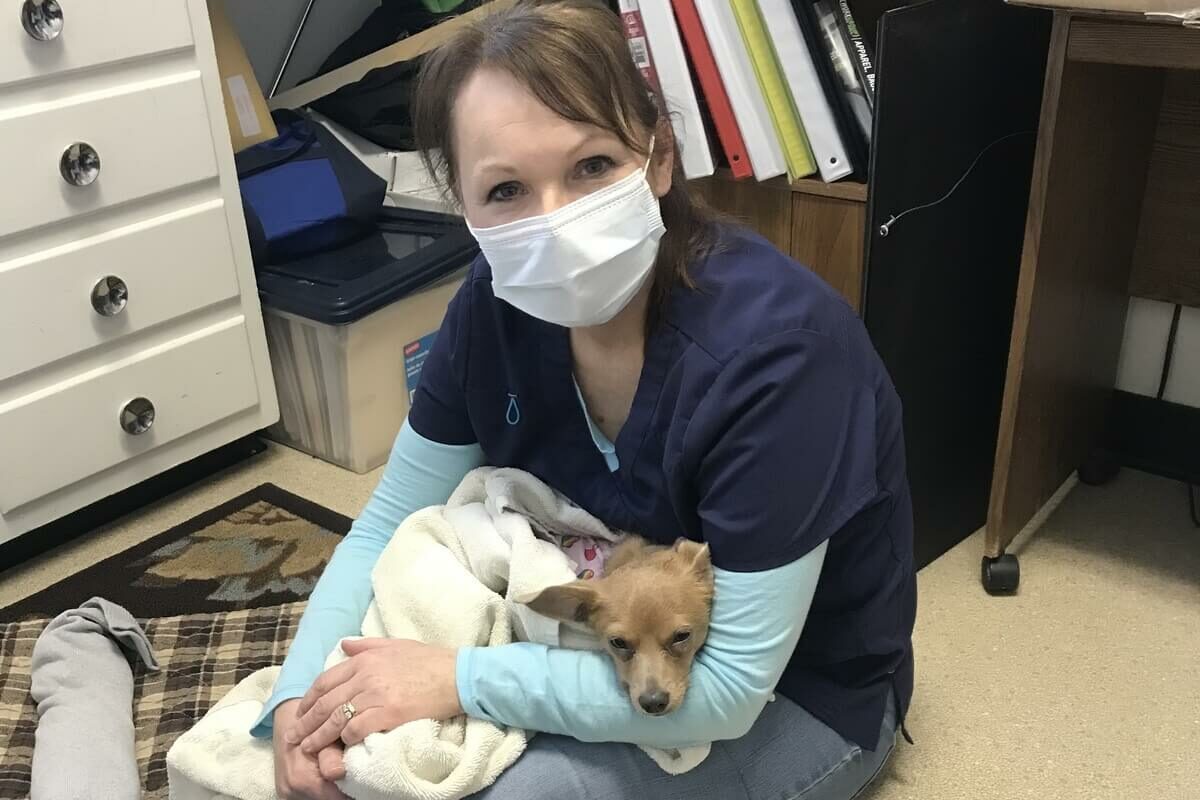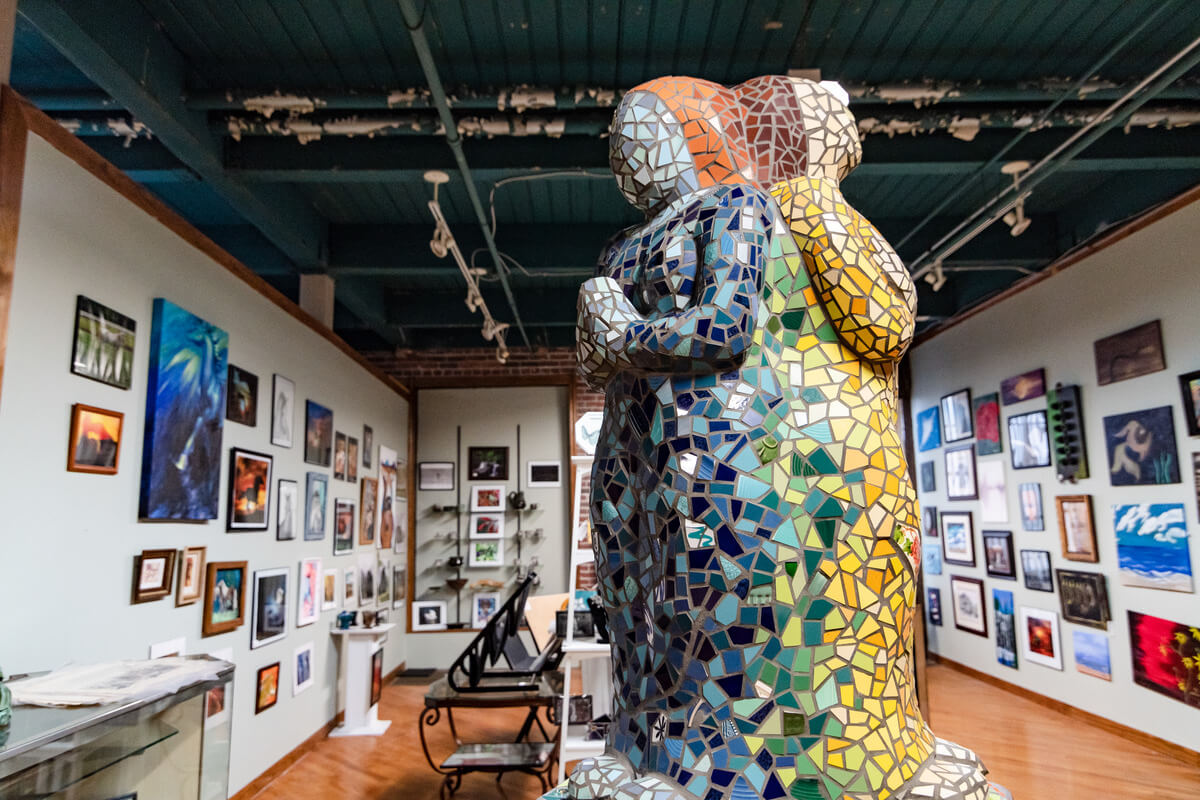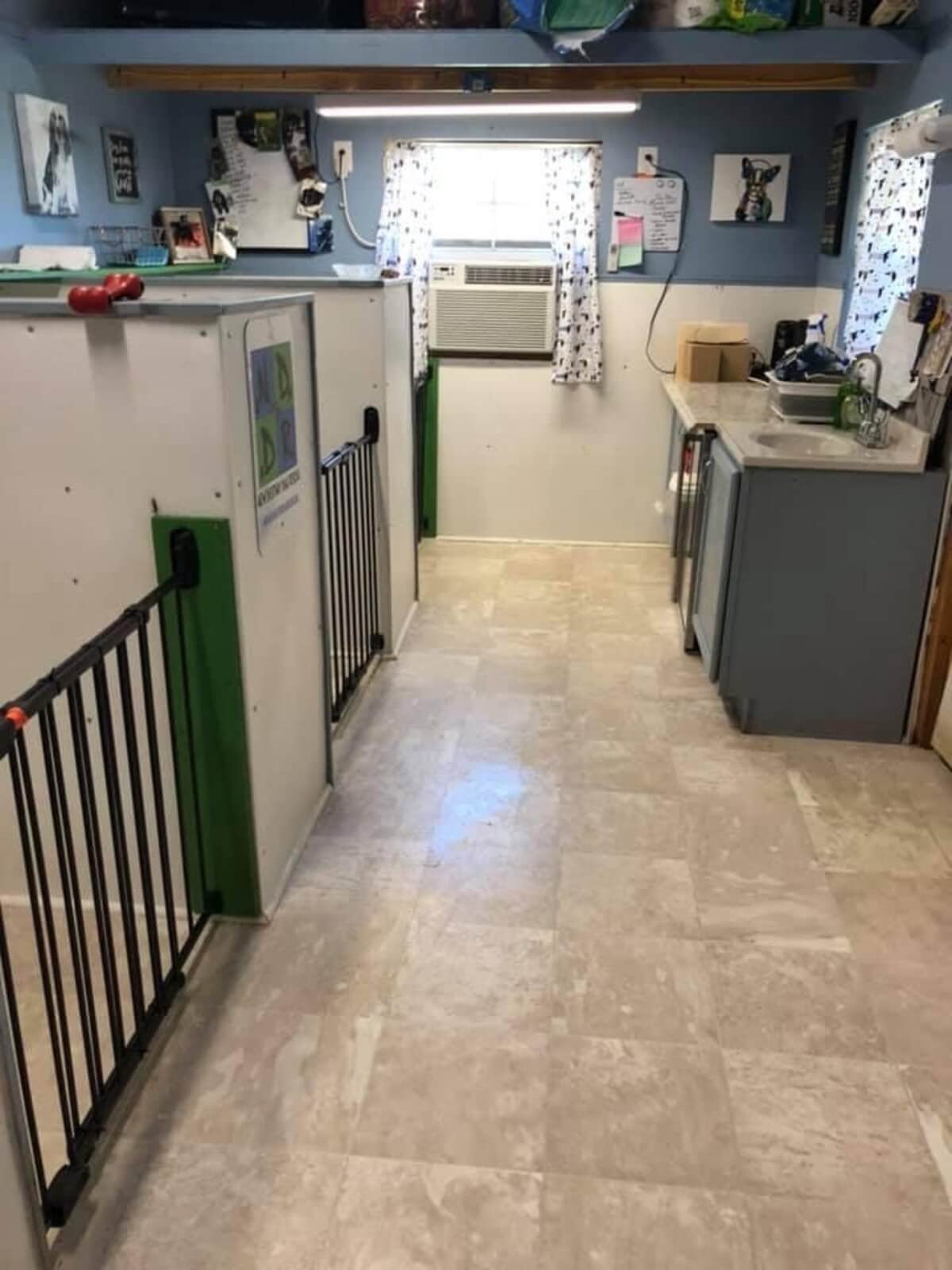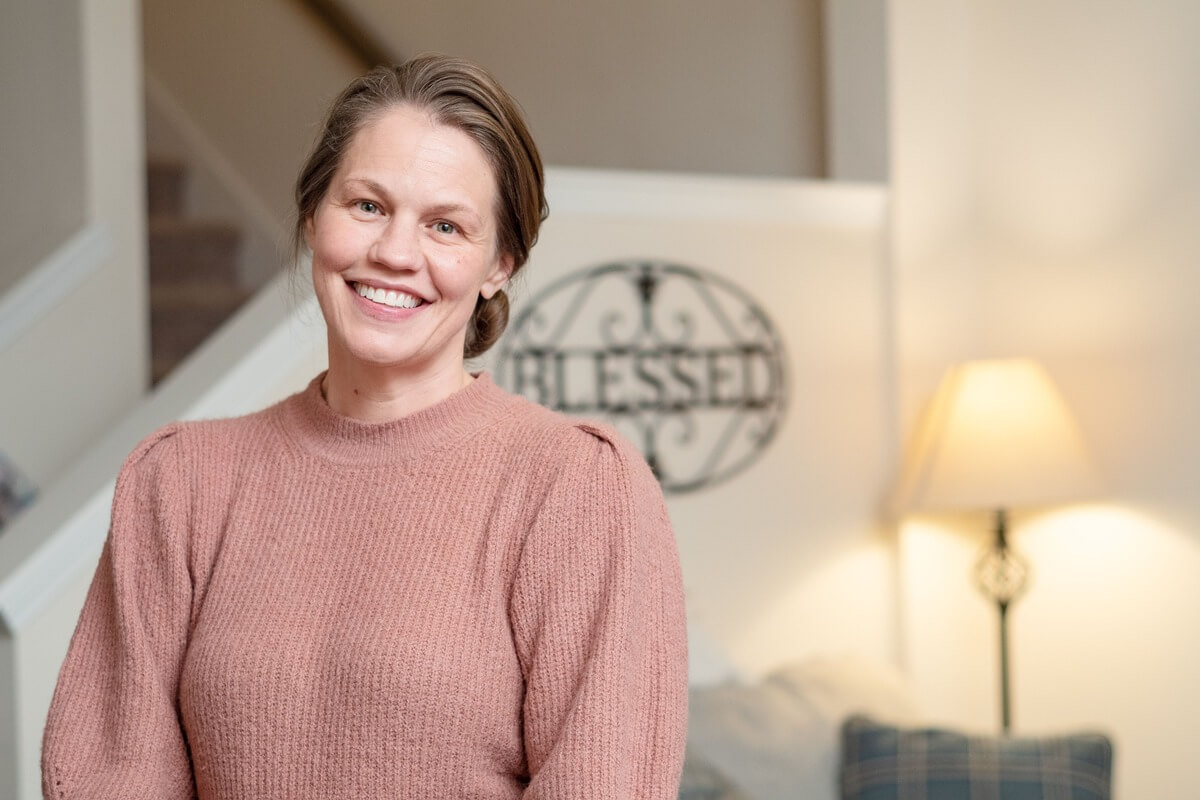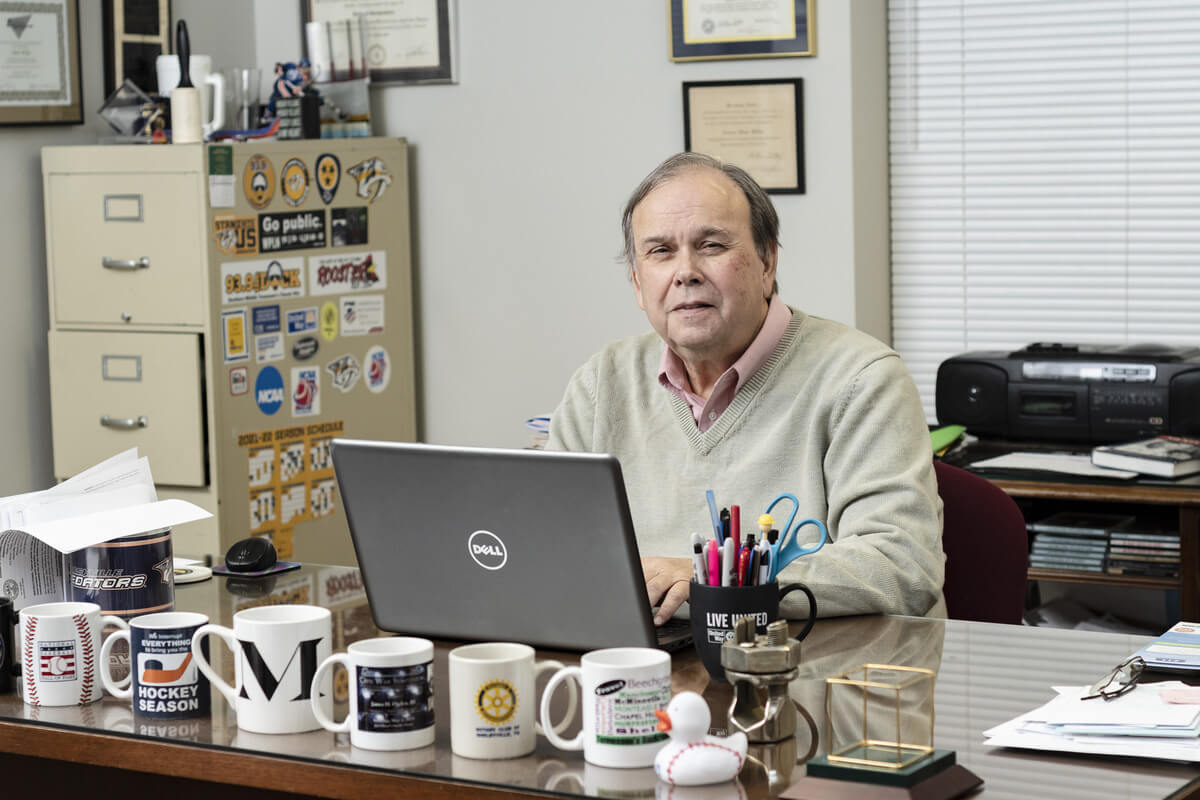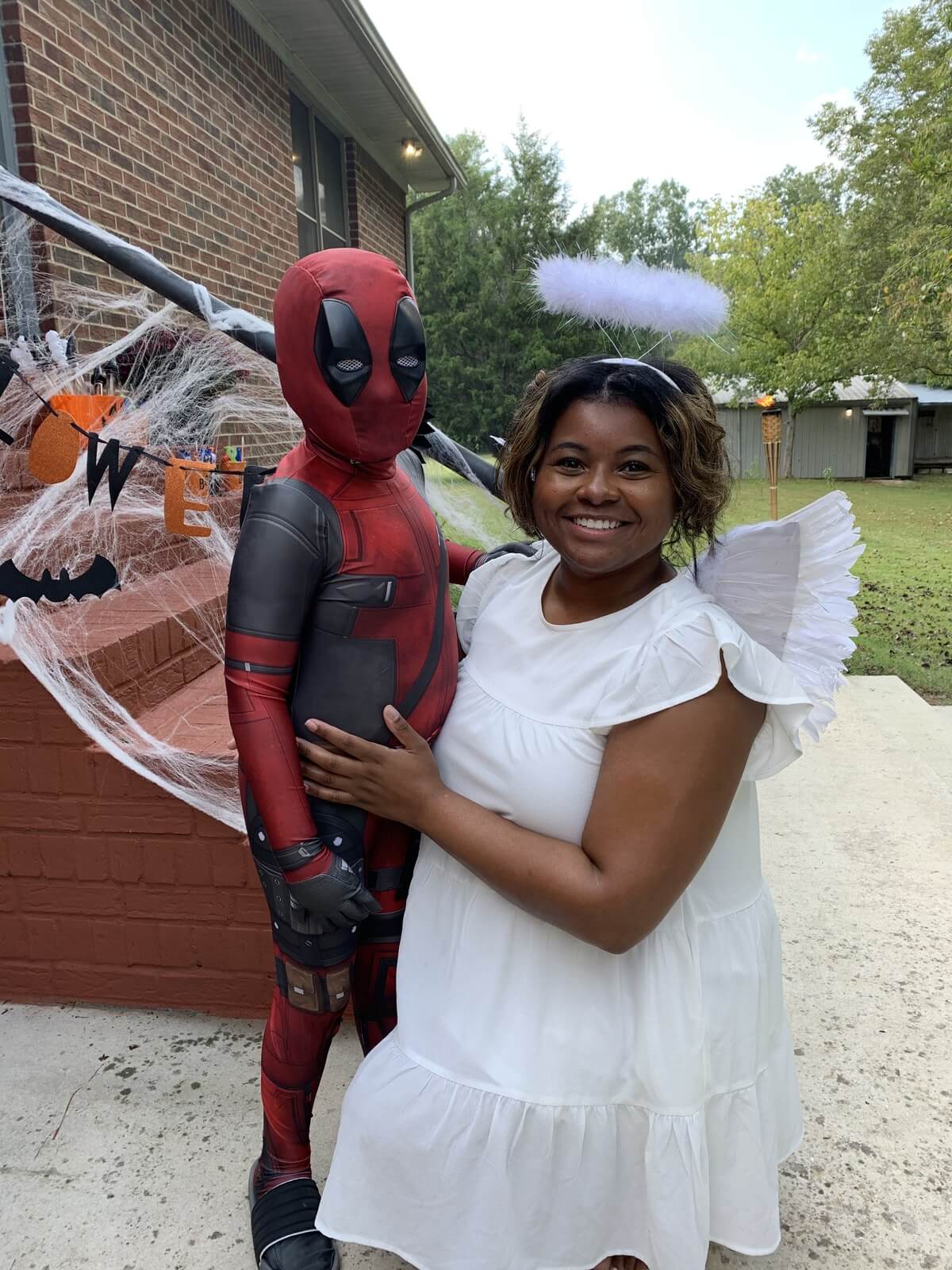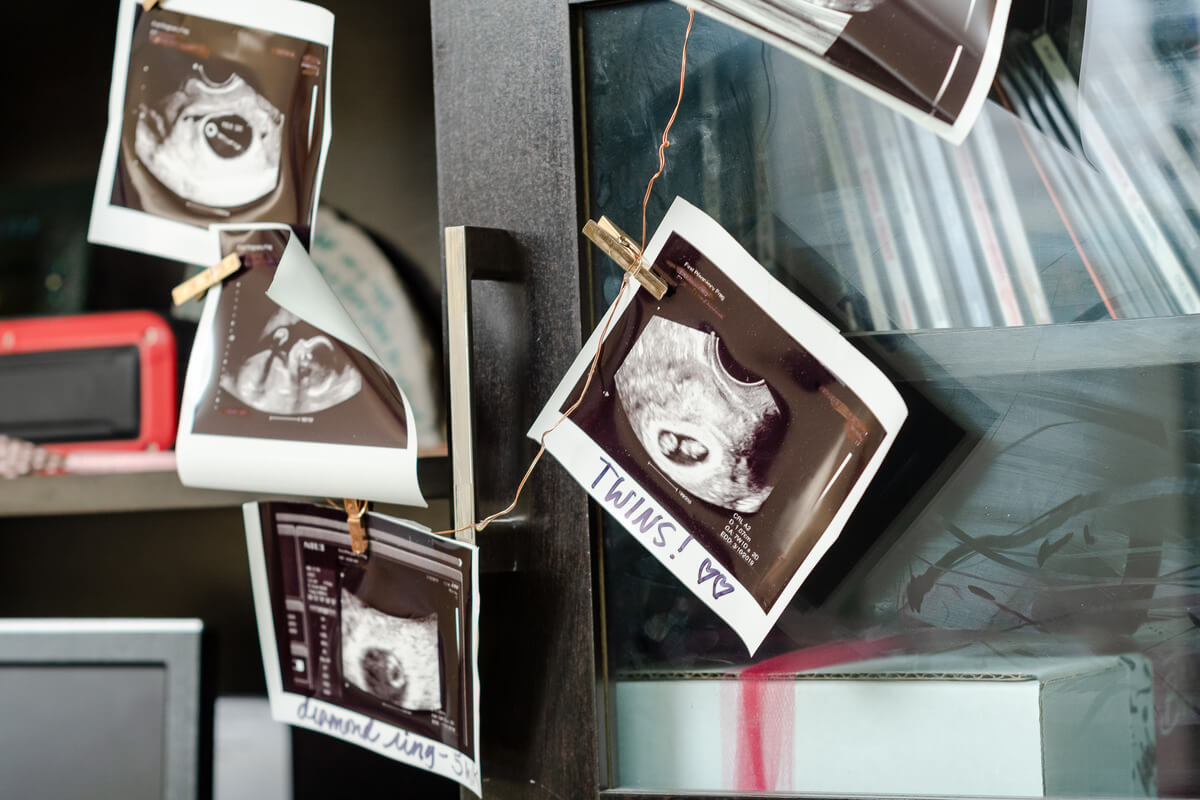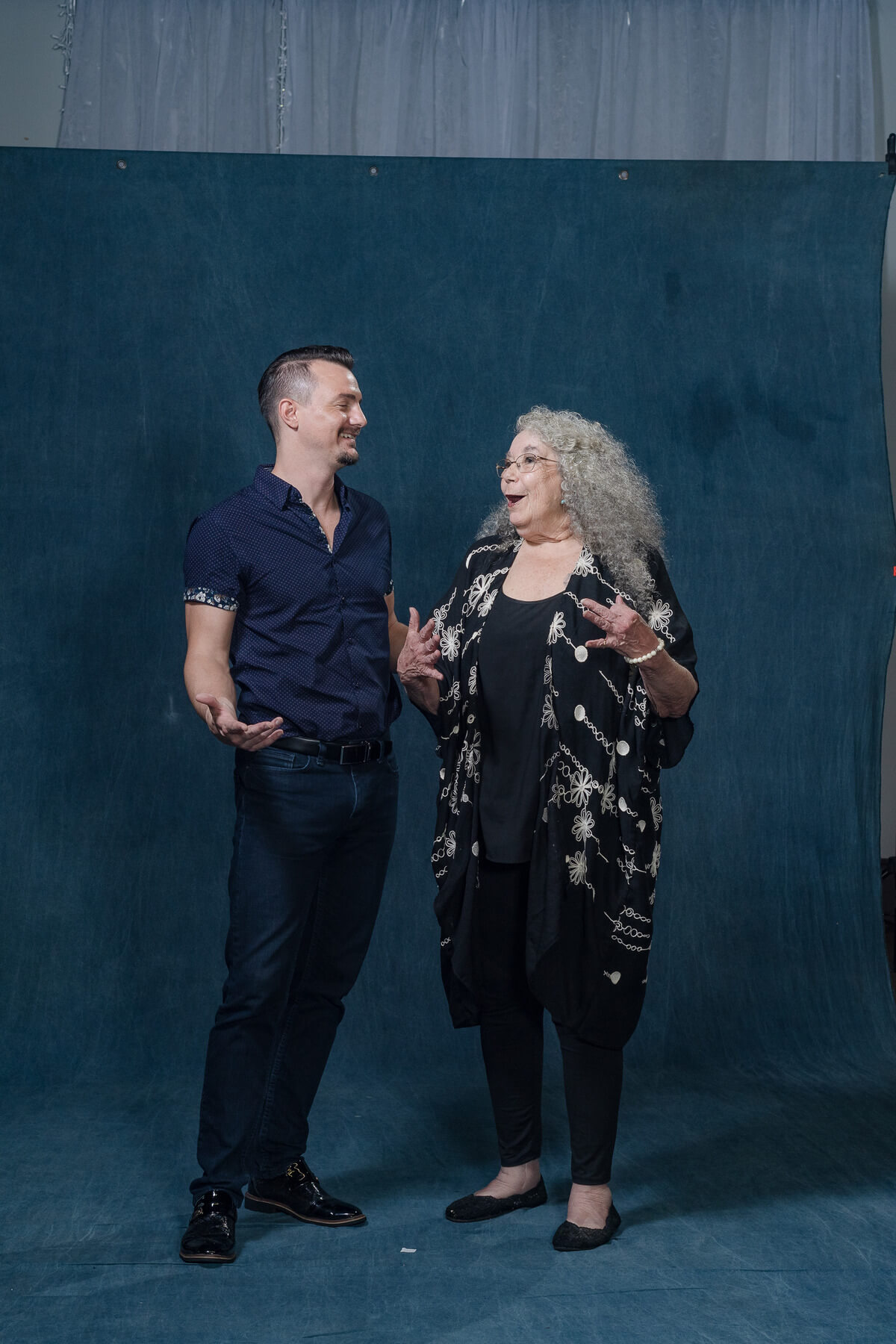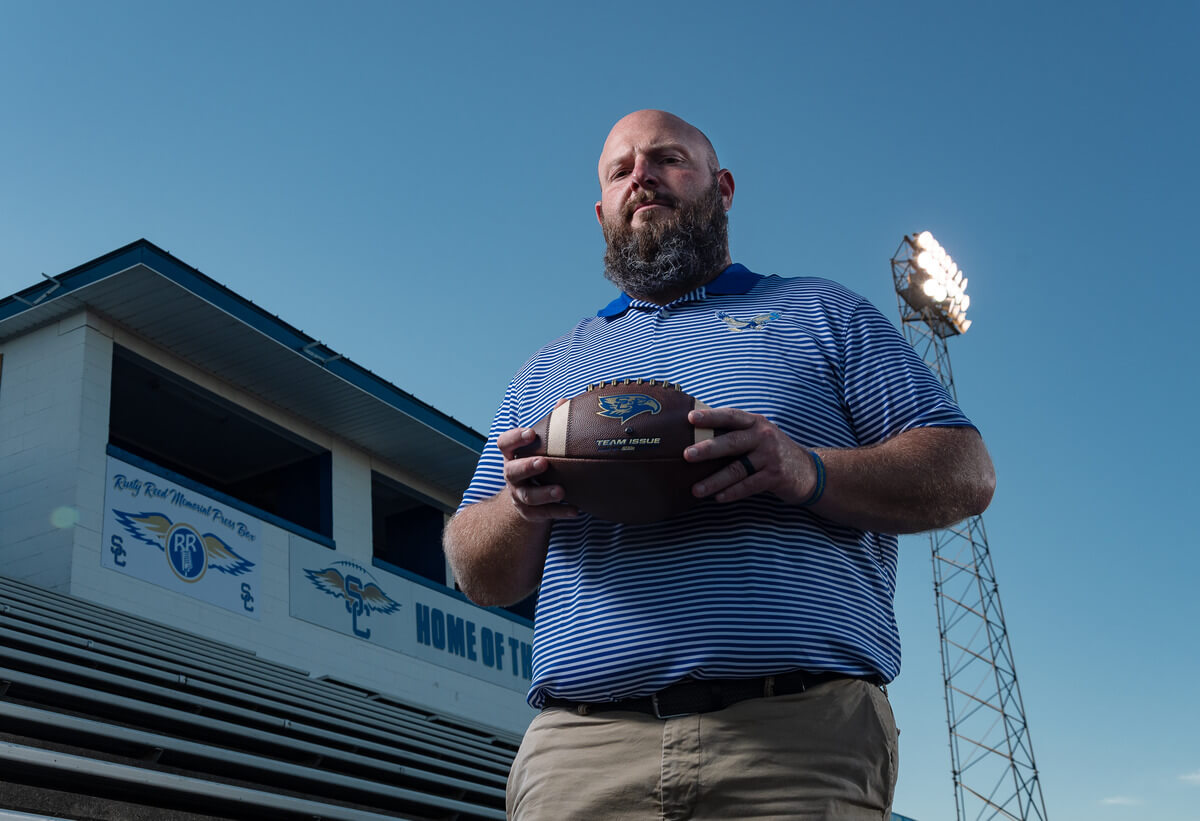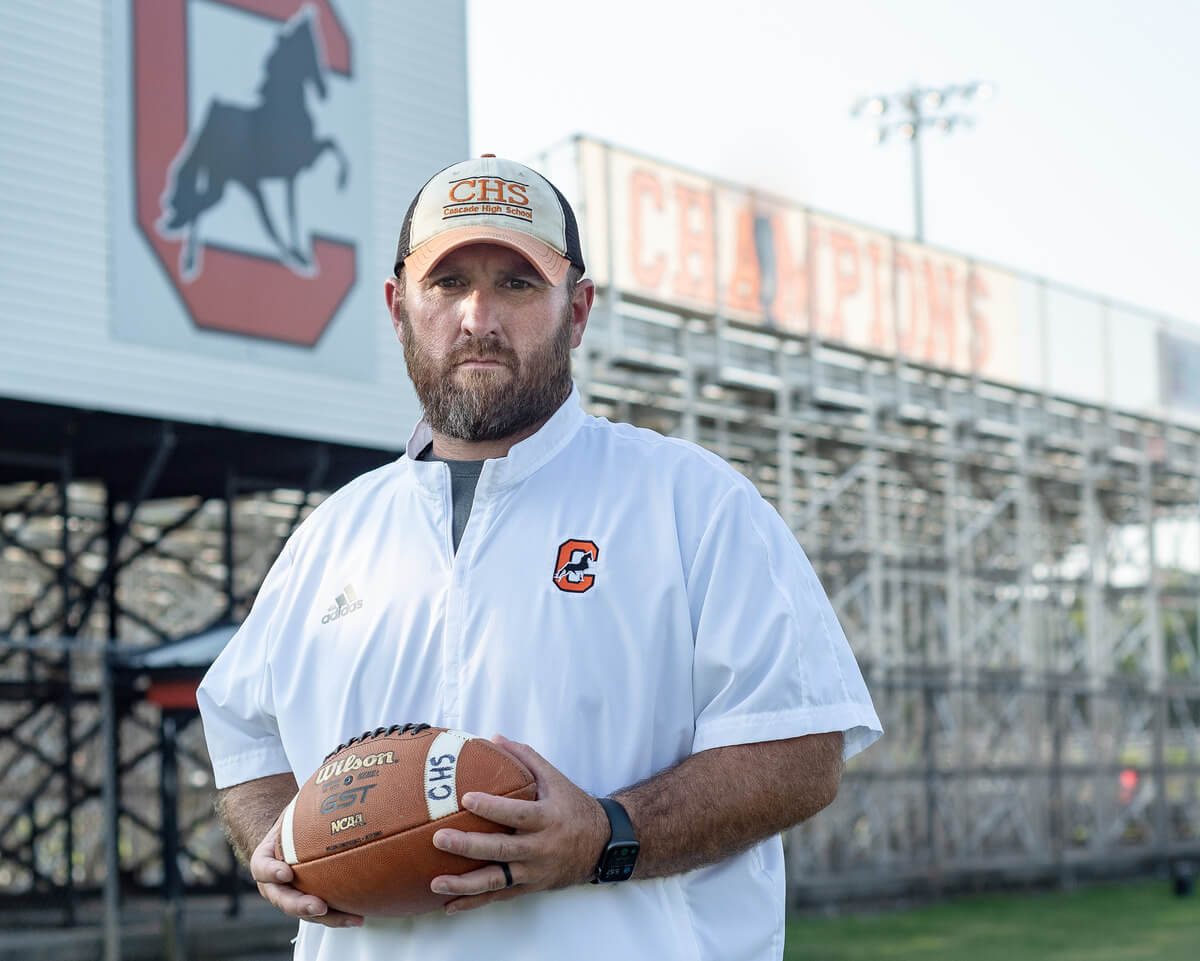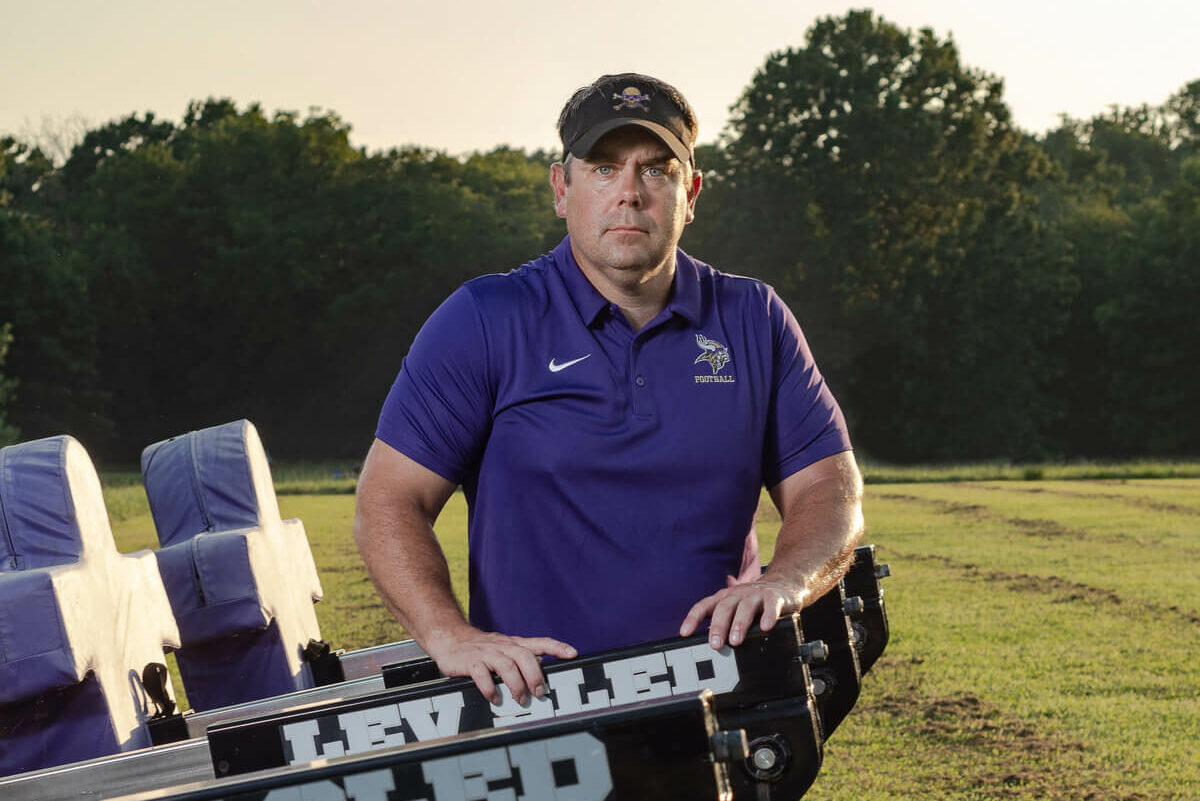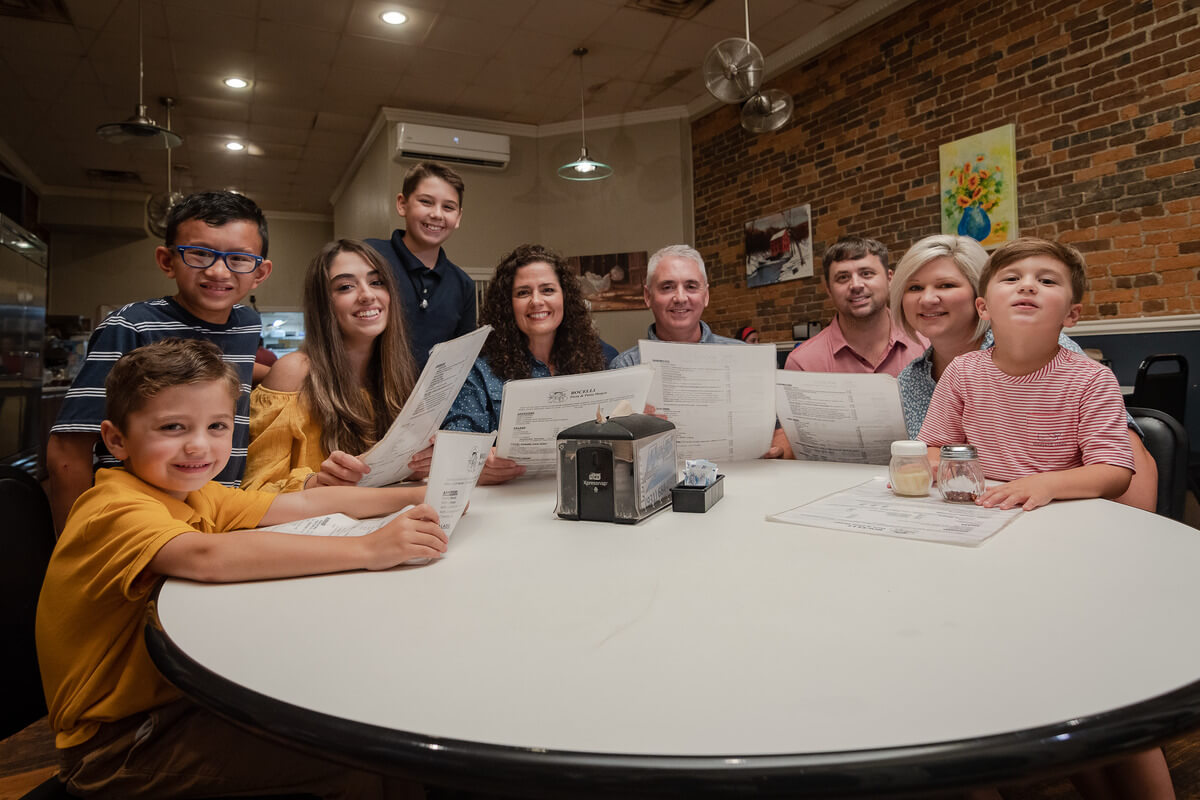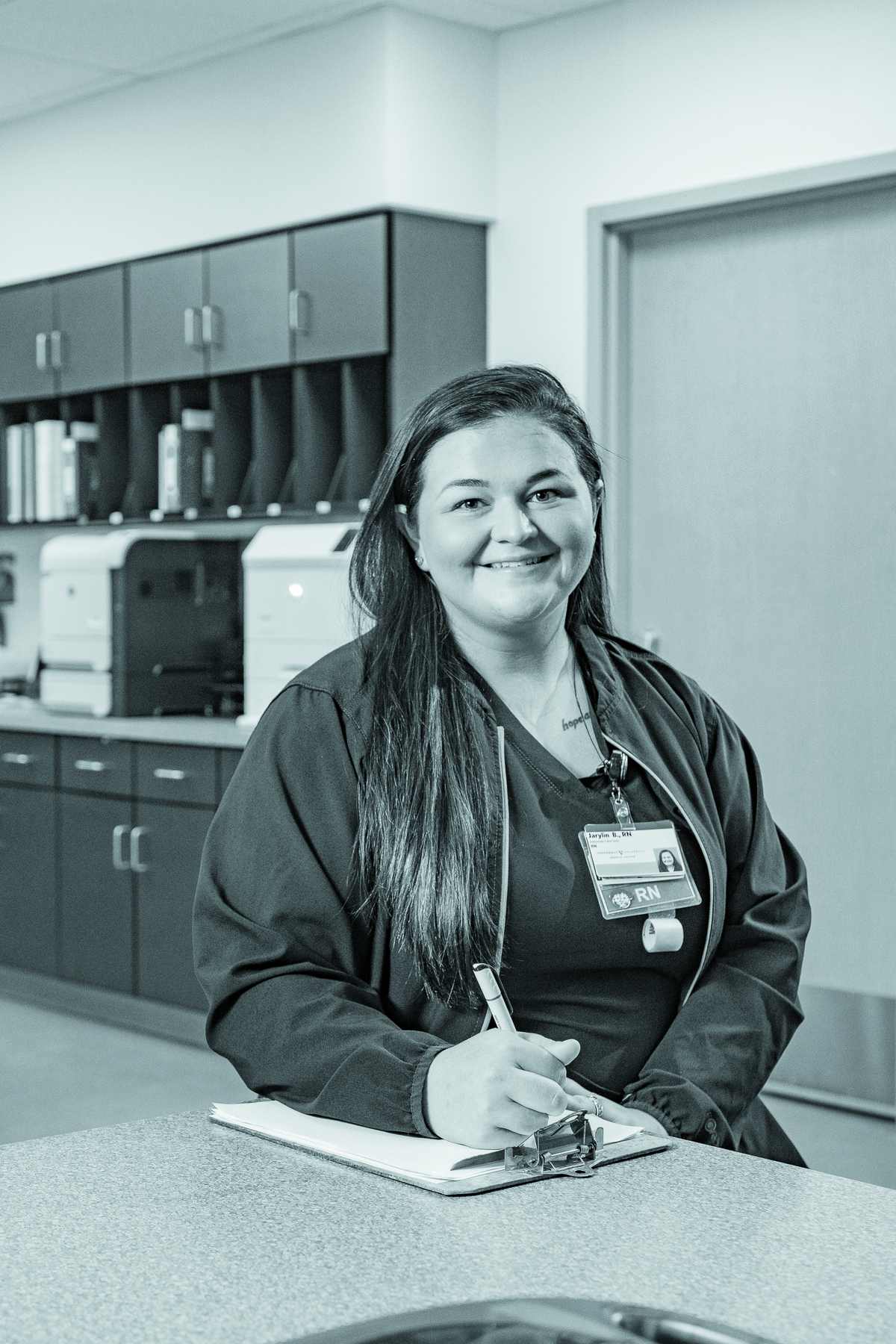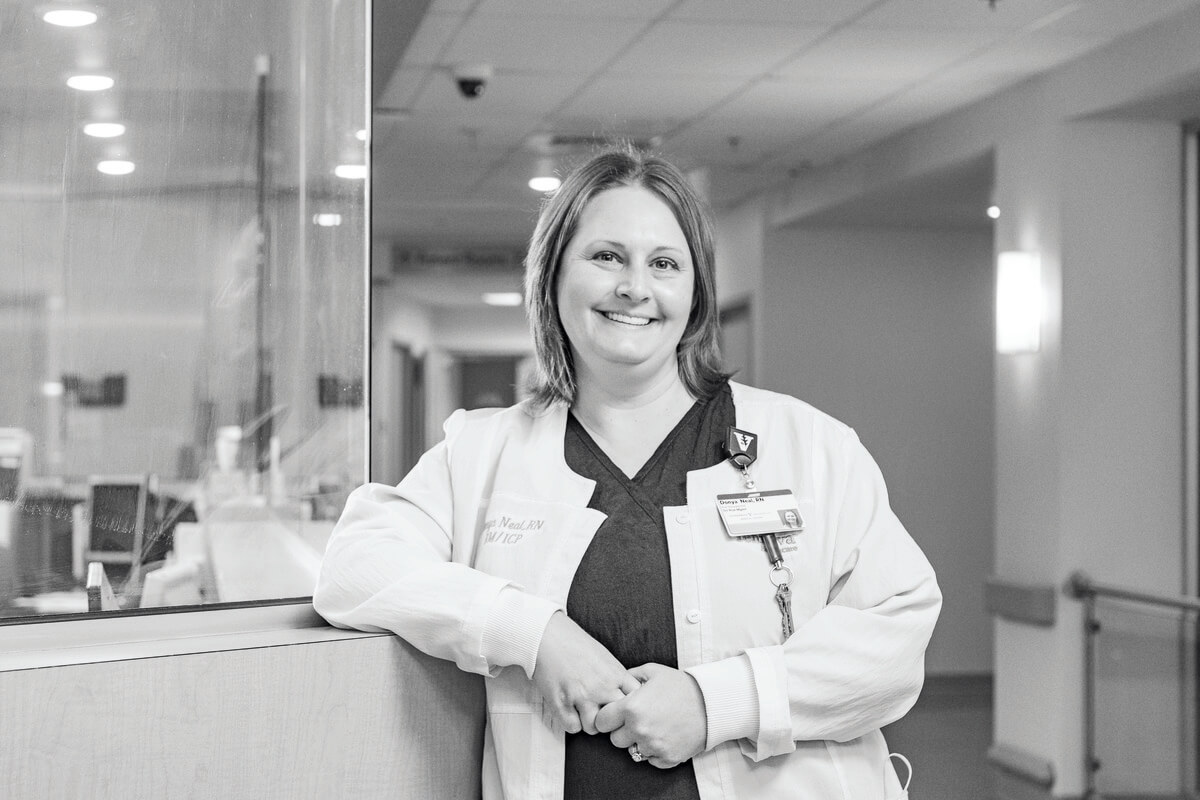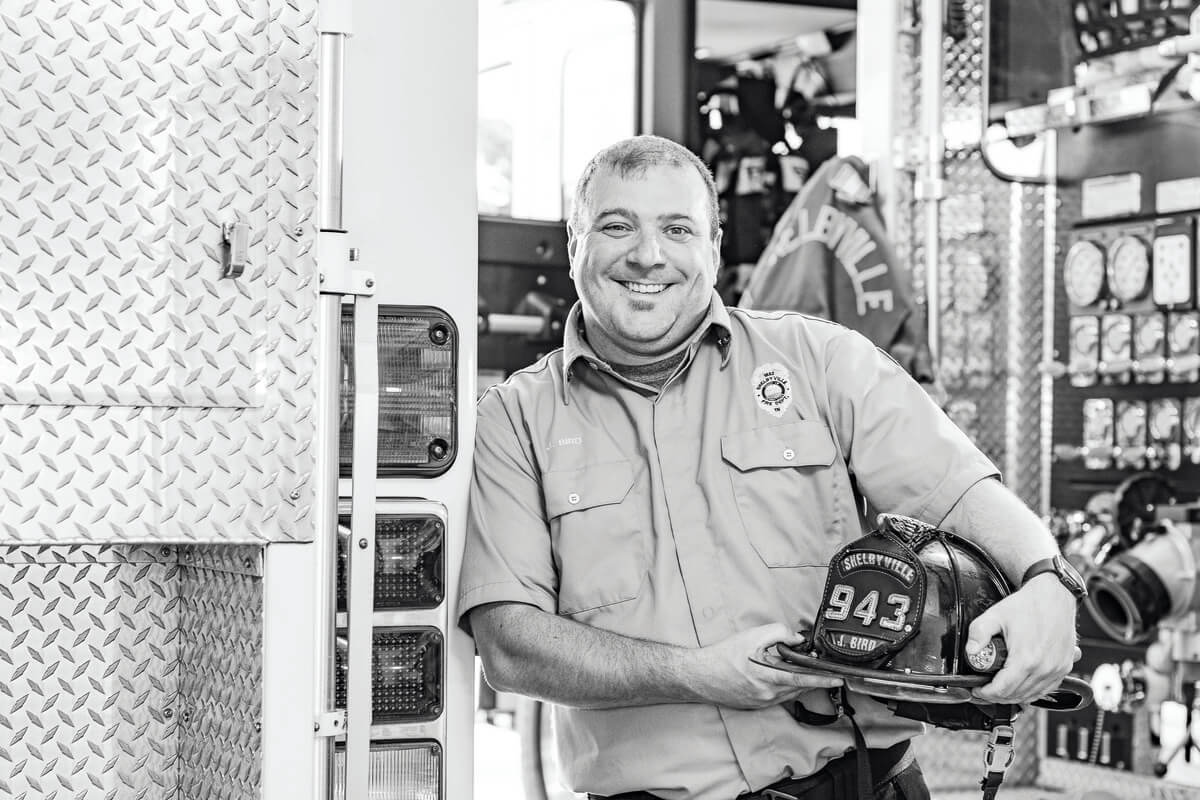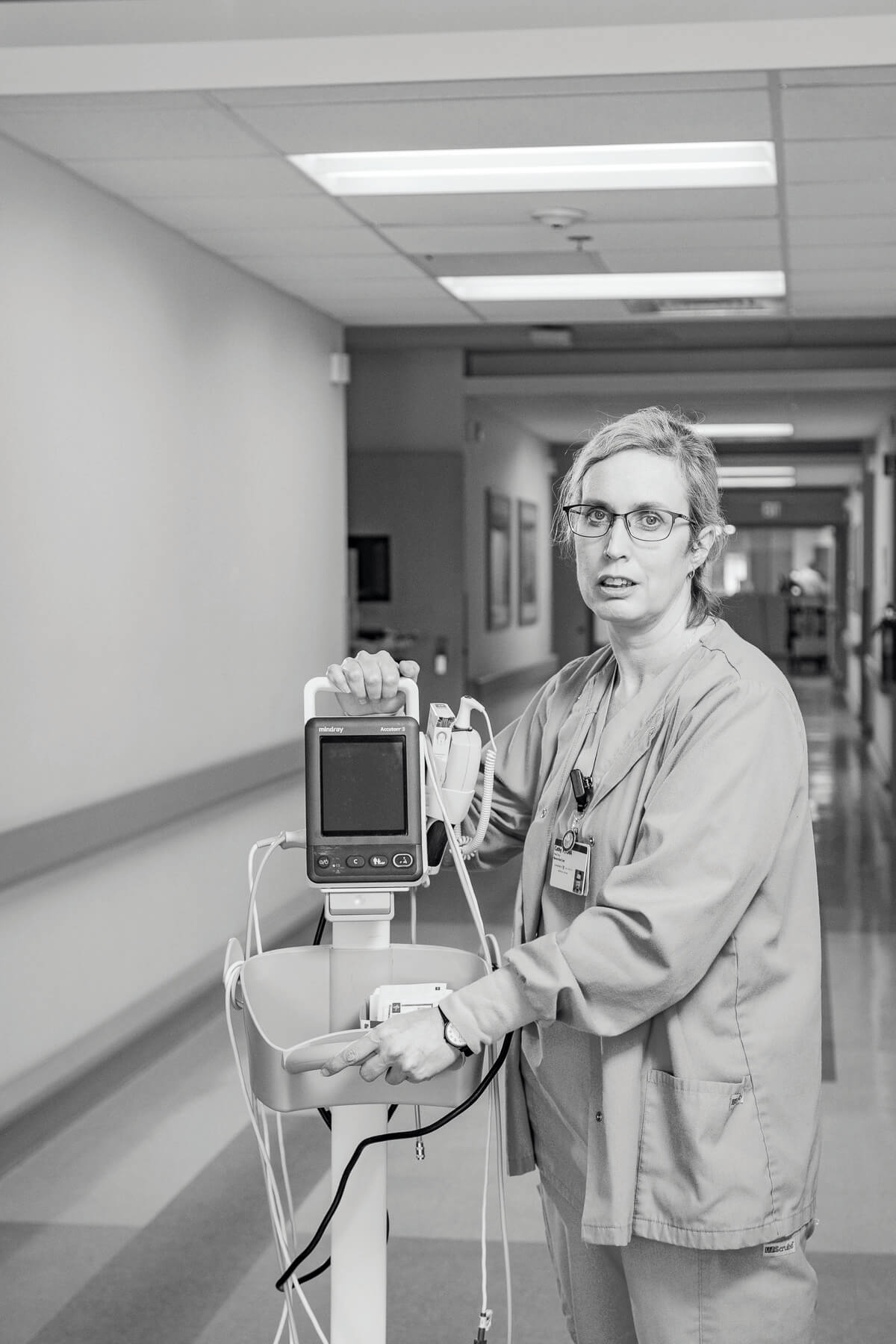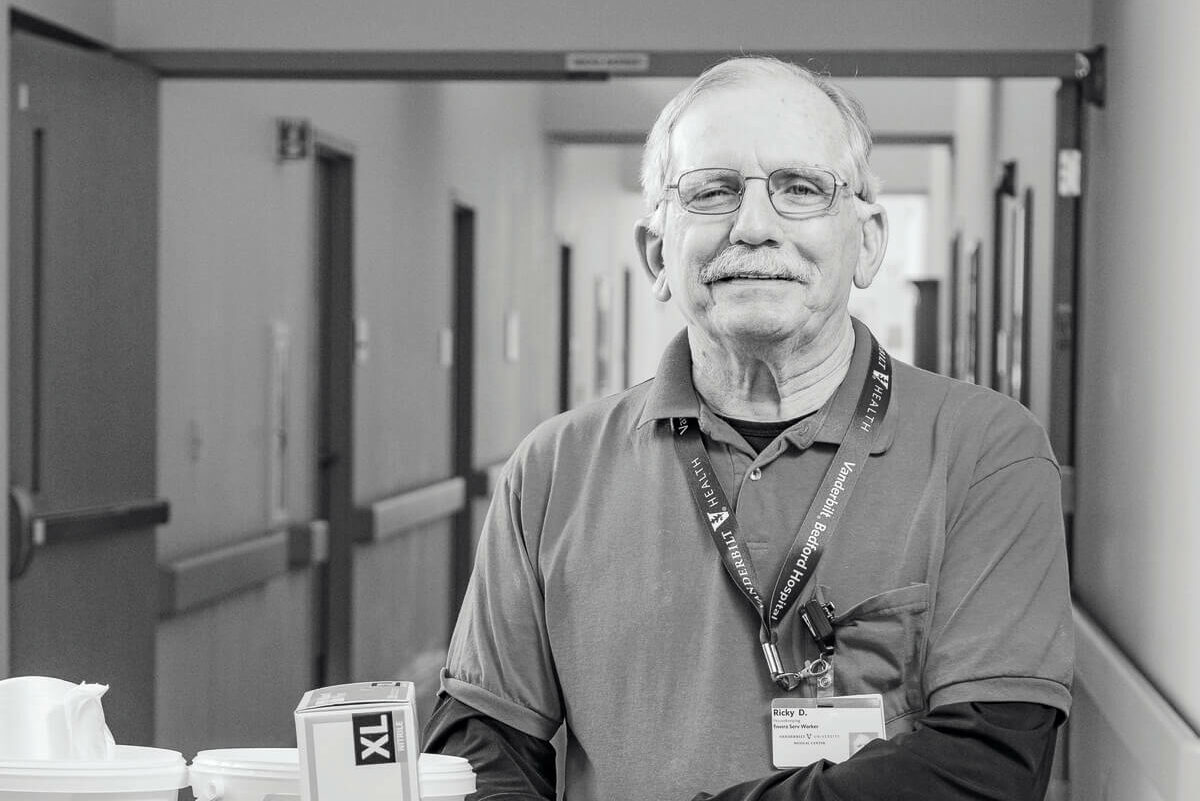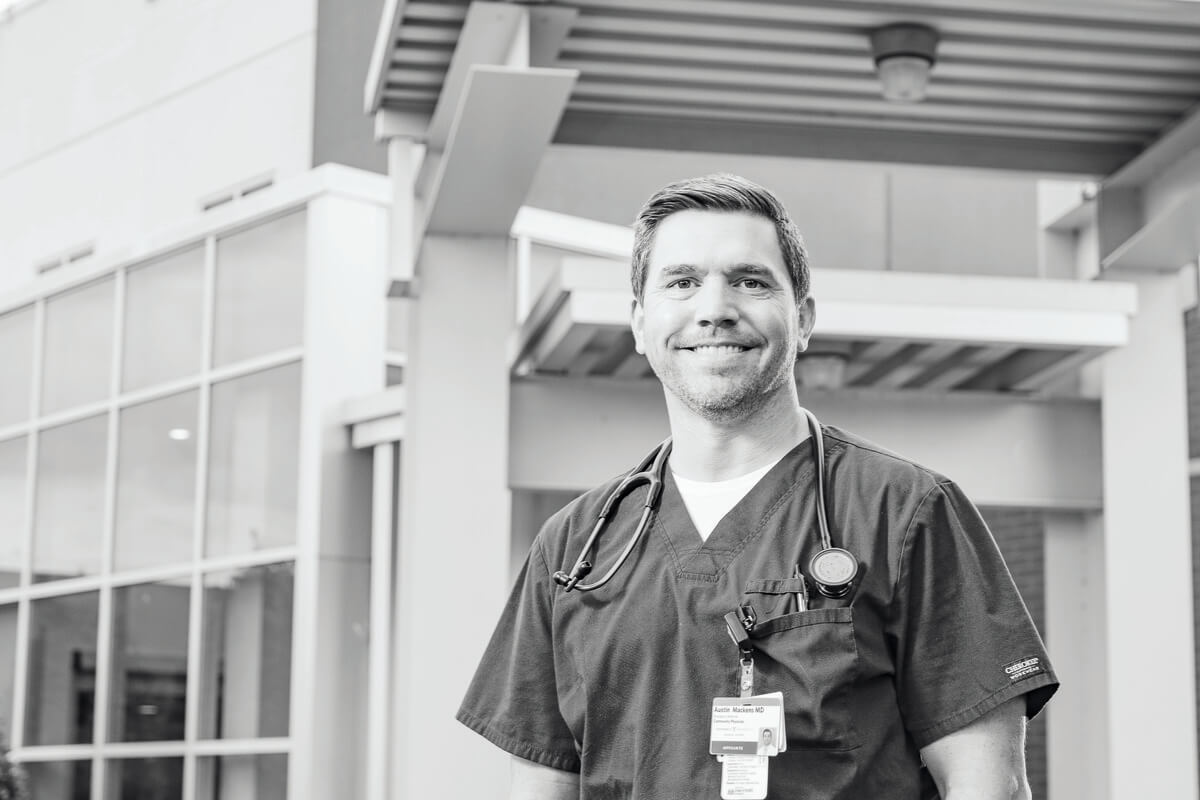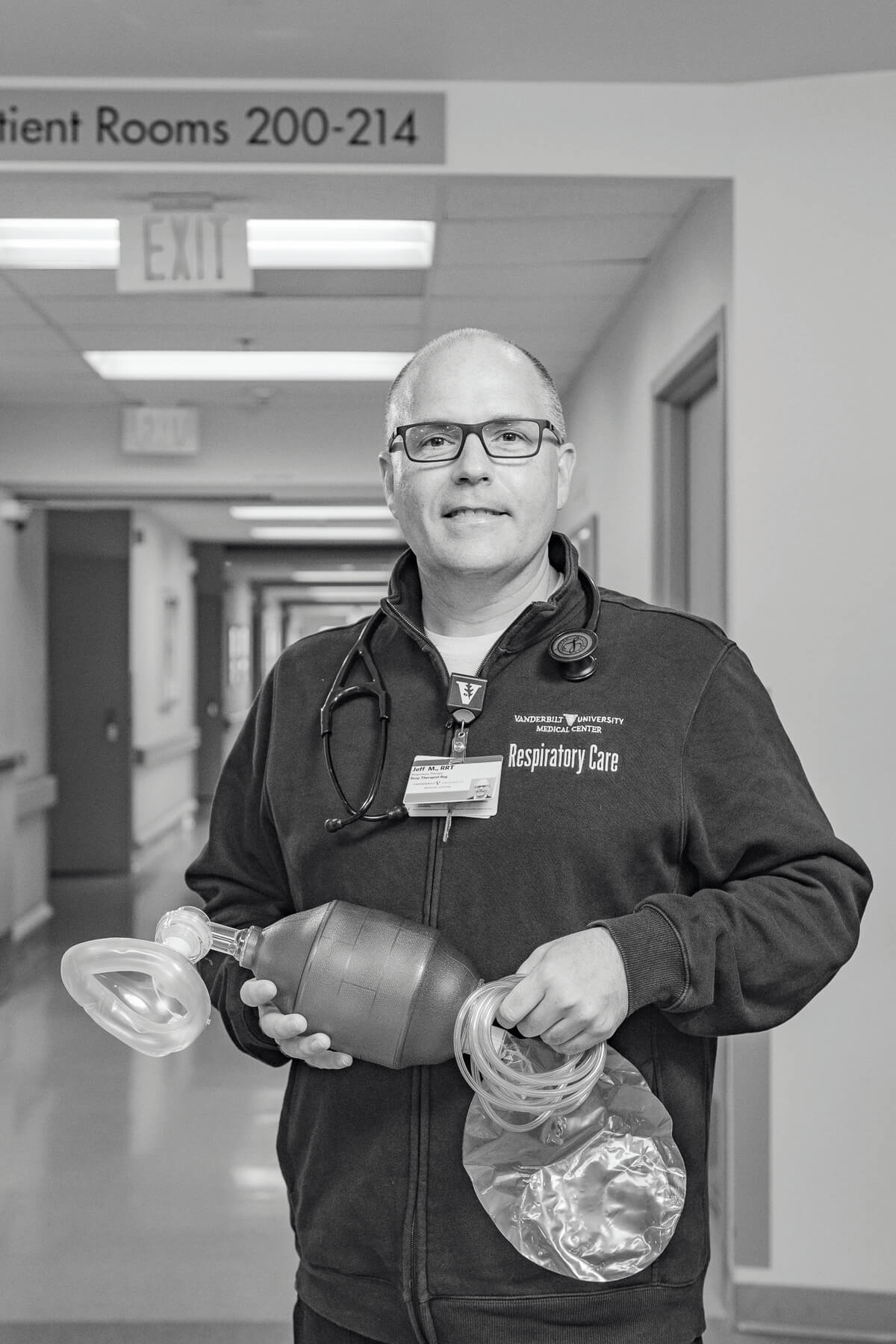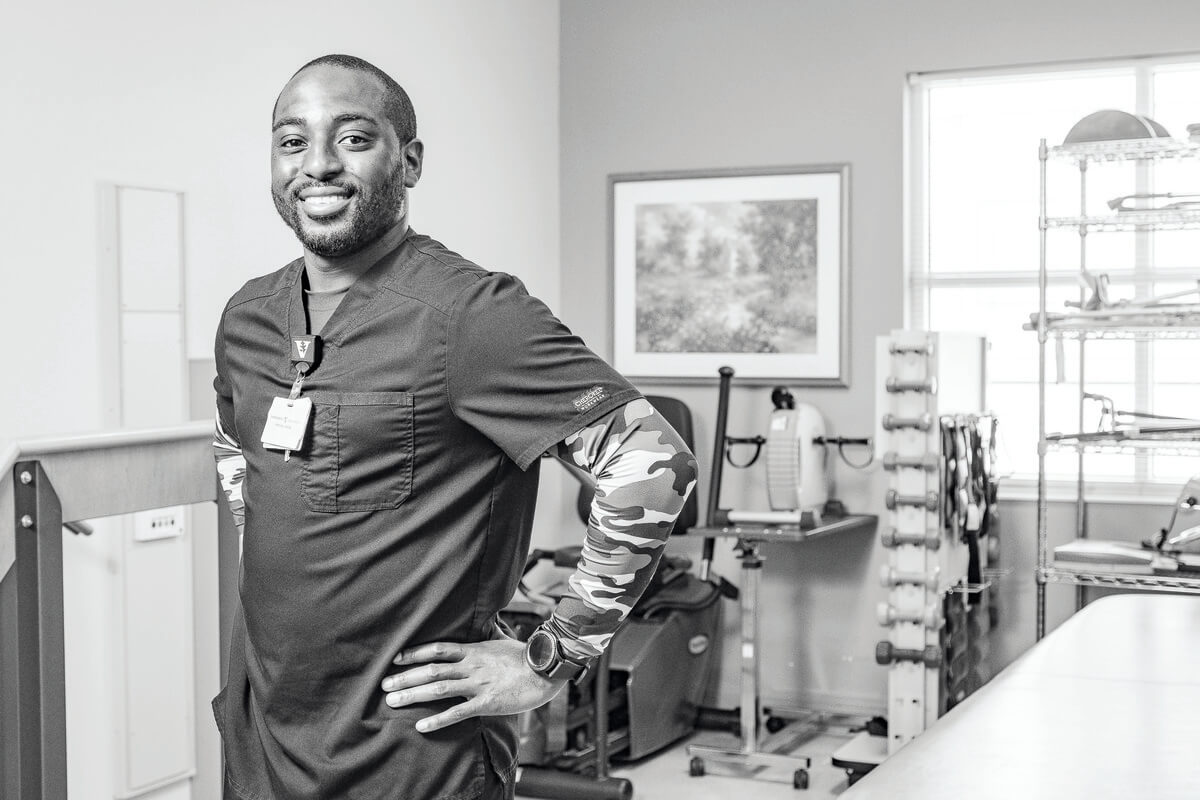Dr. Troy Miller, the director of hospital medicine at Van- derbilt Bedford Hospital, researched through evidence from hospitals in cities that were already hit by the pan- demic. He knew it was coming to his hospital soon and wanted to be prepared to care for the people of Bedford County when it was their turn on the front line.
“We had no effective treatment for the new coronavirus,” he said. “All you’re seeing are these scary images out of China, then New York and New Jersey, where the ER is stacked up.”
The problem was, those hospitals didn’t have an effective treatment at the time either. They were wrestling with a virus they knew nothing about. “I did a lot of reading, a lot of research,” he began. “I had to take a break because I started to freak myself out. We didn’t have a great handle on how to treat patients. Nobody did. And we knew the virus was coming to our town next.”
But Dr. Miller wouldn’t take no for an answer—he was determined to find treatment. He was going to do every- thing in his power to save as many lives as possible. As more information came from the larger cities, Dr. Mill- er’s keen eye for answers led doctors in Bedford County in the right direction. They worked to get early approval to use remdesiver, convalescent plasma, and dexametha- sone as they discovered it was benefiting patients trying to beat COVID.
“We were pretty aggressive in getting approval,” he said. While the drugs could improve the process of recovery, there was and is no cure. As the doctors followed the learning curve of battling the pandemic, they got a better handle on how to fight it. “We’re doing better. They’re surviving. They’re not dying on you the way they did initially,” he said. “That first couple of months was a lot of unknowns. In medicine, that’s hard because when people come to the doctor they want it fixed. There has never been a virus that we’ve cured. We know how to make it better—to fight off the worst of the infection, but nothing really ‘cures’ a virus,” he added.
Dr. Miller had to show patients that they could survive. He gave hope to patients who felt like their backs were against a wall. “They come in and have the deer in the headlights look like, ‘Am I going to live?’ You instill in them that, yes, you have a serious illness, but we’re here fighting for you. We’re at war and we’ve got to fight. You have to do these things if you want to get better,” he would encourage them.
As a physician, he didn’t have a choice to give up. That was never an option.
“Part of my job as a leader is to say ‘we’re moving forward.’ We hit a wall? Let’s get around the wall or go through the wall. That’s part of what we signed up for.” Dr. Miller made the difference in letting them know that even when their back was against the wall, it was a fragile one. He is a reminder that you can buckle down and break through it.-GN

